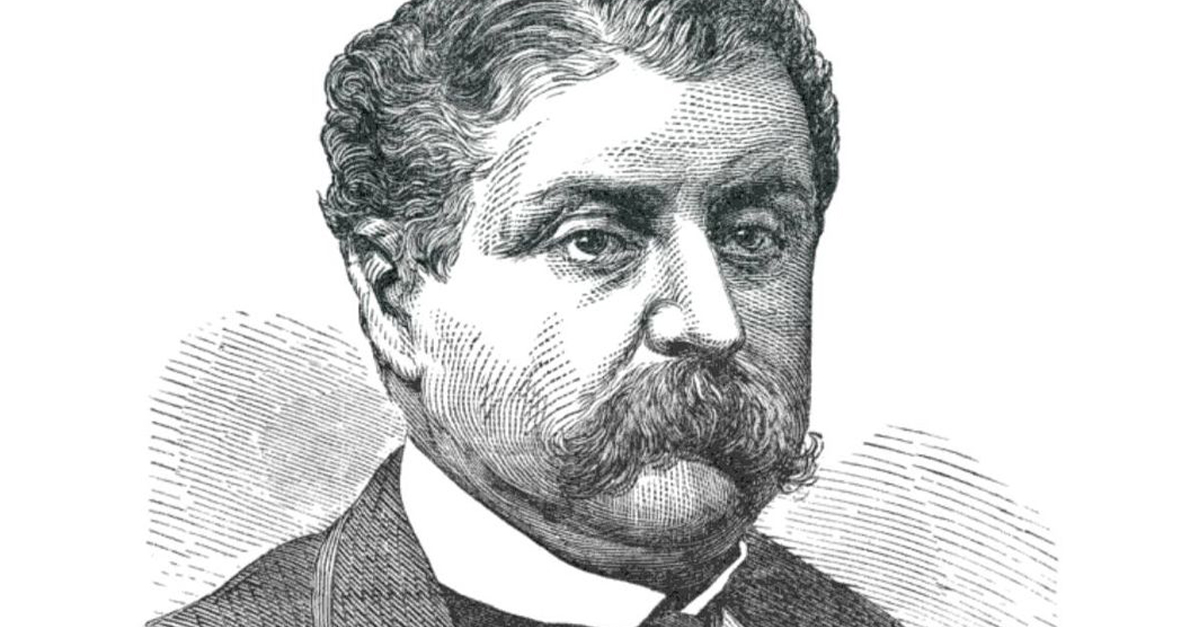James Fisk—AKA Diamond Jim—was the lovesick Gilded Age financier who made his fortune in blood and gold. He met his end the same way.
1. He Was A Lovesick Pariah
James Fisk turned the blood and tears of the conflict between the Union and the Confederacy into pure, solid gold. His unscrupulous business tactics and salacious lifestyle, however, turned him into a lovesick social pariah, before his fraudulent finances and sleazy romances eventually came to a dramatic end on the steps of the Grand Central Hotel.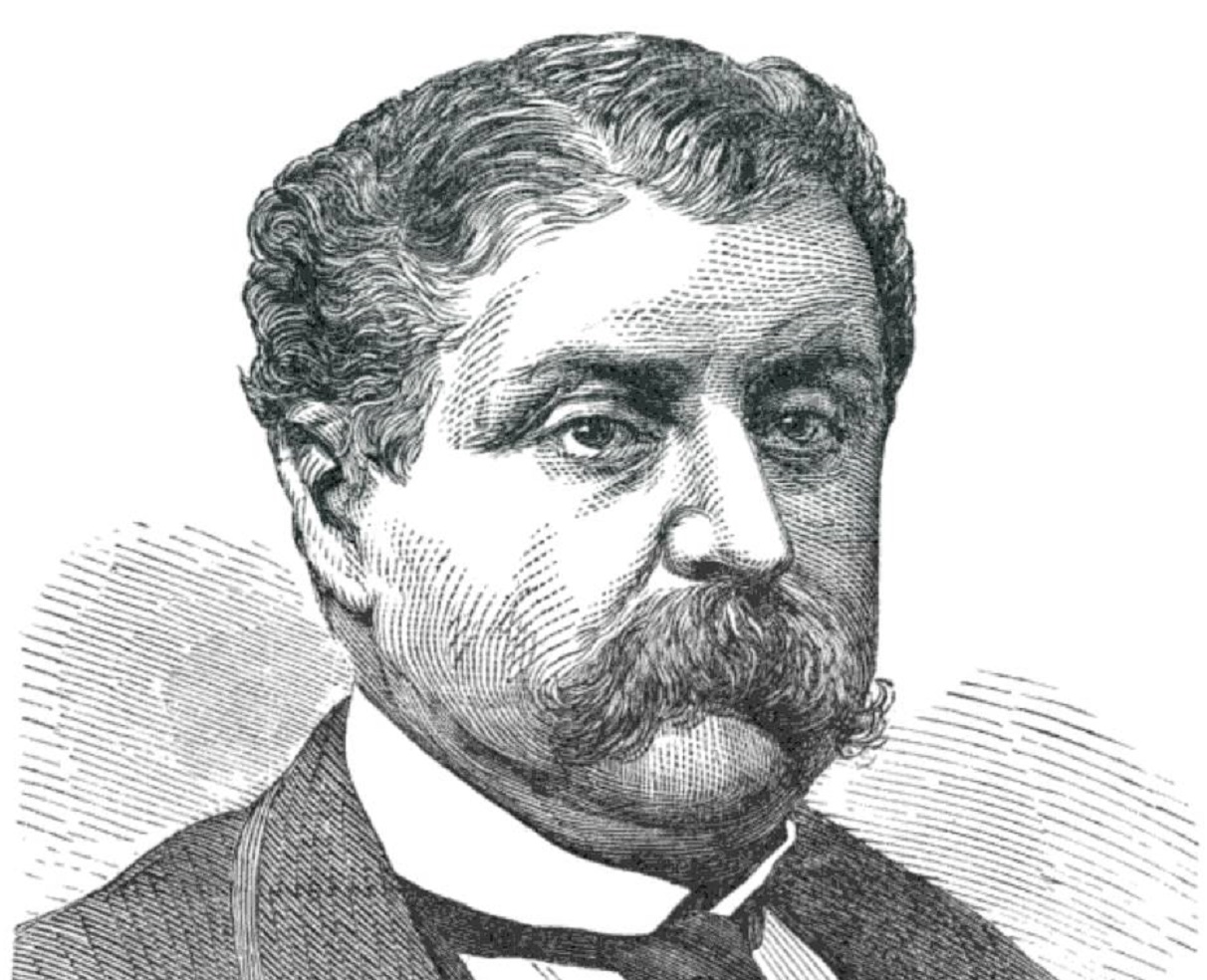 Unknown Author, Wikimedia Commons
Unknown Author, Wikimedia Commons
2. He Was Not A Fool
James Fisk was born on April Fool’s Day in 1835 but he was no fool. In fact, he’d go on to make his fortune making a fool out of everyone else. But, at first, he started humbly. His first foray into business was with his father, working as a peddler. It was just chump change though and he wanted to make the big bucks. By any means necessary.
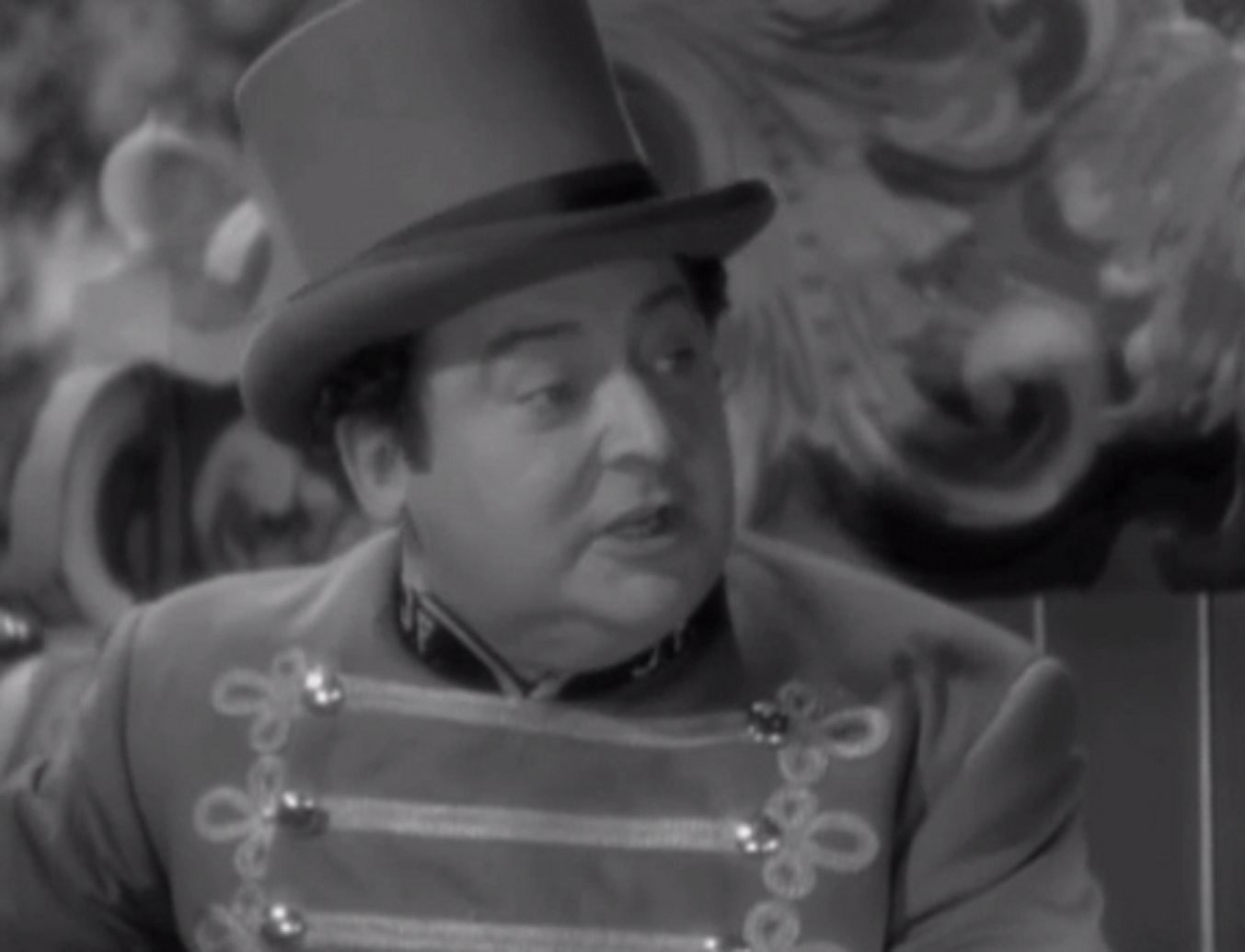 RKO, The Toast of New York (1937)
RKO, The Toast of New York (1937)
3. He Joined The Circus
Fisk had dropped out of school at the age of 12 to work with his father, but it simply wasn’t enough. At the age of 15, he ran away from home and decided to join Van Amberg's Mammoth Circus & Menagerie. It wasn’t exactly Wall Street, but he learned some tricks of the trade. Tricks that would earn him millions of dollars.
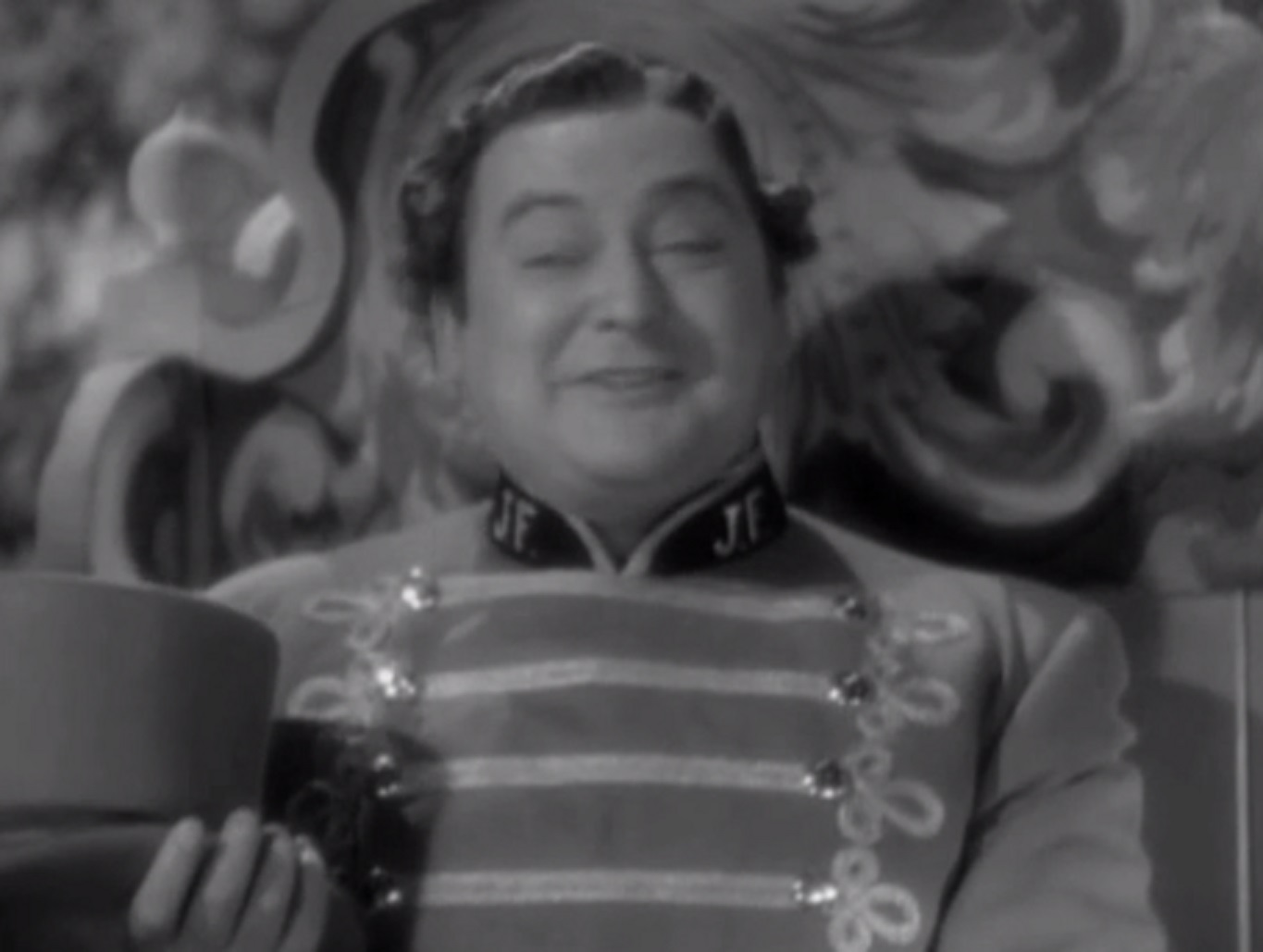 RKO, The Toast of New York (1937)
RKO, The Toast of New York (1937)
4. His Father Taught Him To Lie
Fisk learned a lot from the circus—but he learned even more from his father. For example, his father taught him the value of the truth: zero. “I don’t think Father would tell a lie for twelve and one-half cents,” Fisk once said, “though he might tell eight of ’em for a dollar”. He would have to tell a lot of lies to make his millions.
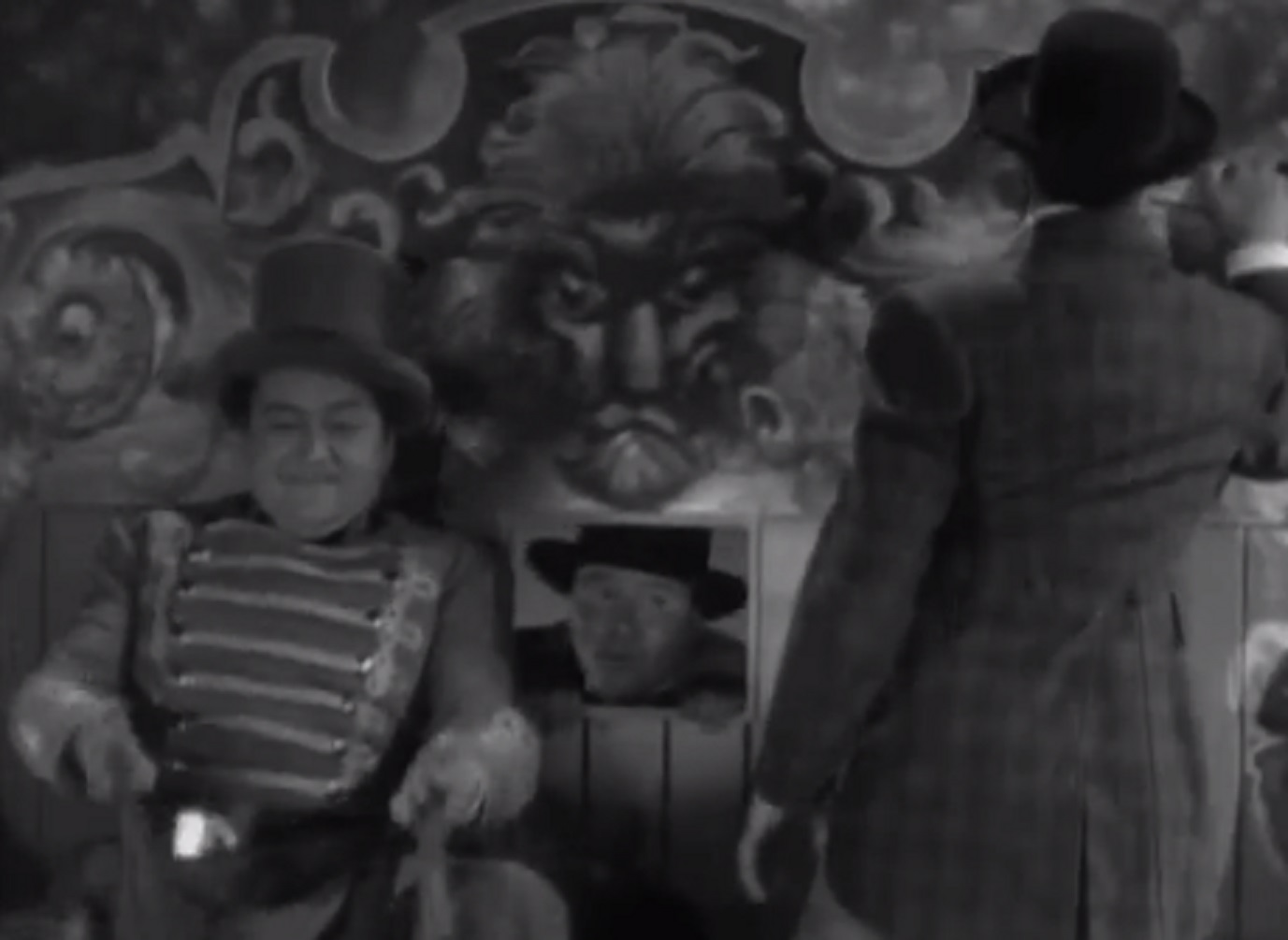 RKO, The Toast of New York (1937)
RKO, The Toast of New York (1937)
5. He Was A Showman
With the tricks that he learned from the circus, Fisk returned to Vermont. He applied the “showmanship” skills that he had acquired to his father’s peddling business with resounding success. Within just a few years, he had expanded the operations across New England. But he would need a far bigger scheme to make bigger bucks.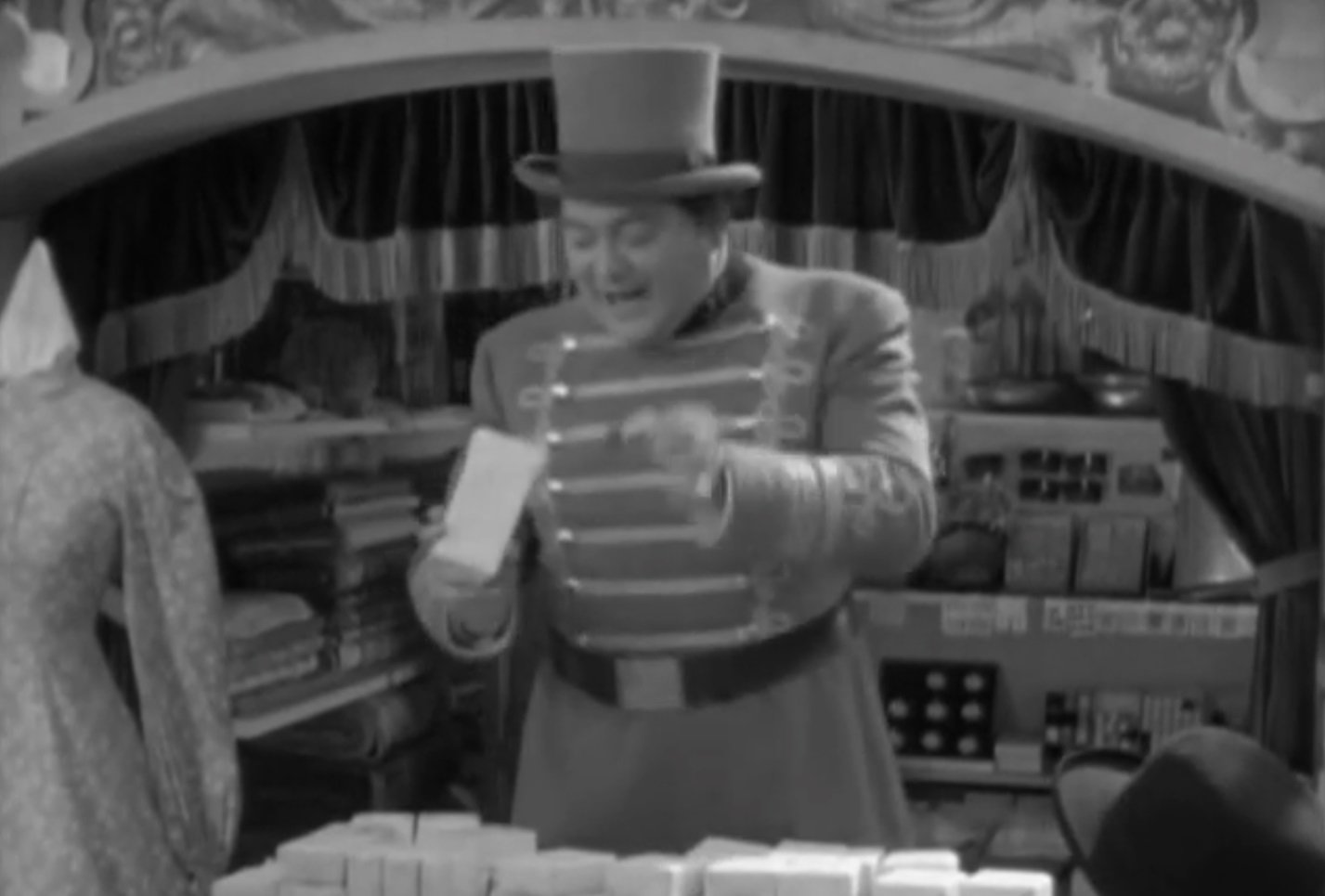 RKO, The Toast of New York (1937)
RKO, The Toast of New York (1937)
6. He Turned Conflict Into Cash
After a short time, Fisk left his father’s peddling business and started working for Jordan Marsh & Co., a leading 19th century department store chain. It wasn’t the most glamorous gig, but it was lucrative. He picked up an account, selling textiles to the government when the Civil War broke out in earnest.
Everyone saw conflict, but he saw cash.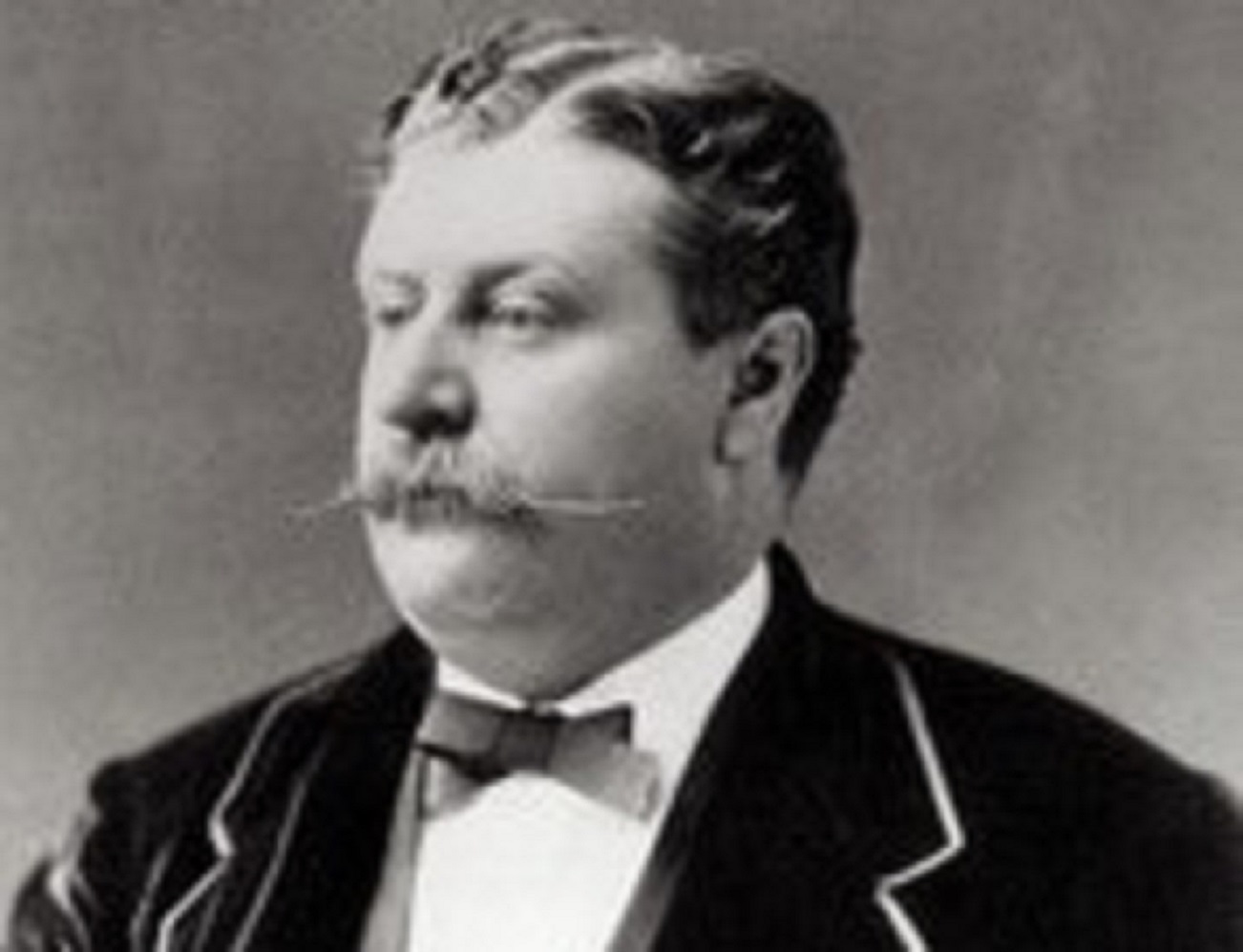 Unknown Author, Wikimedia Commons
Unknown Author, Wikimedia Commons
7. He Was A Smuggler
Fisk was making good money with Jordan Marsh & Co. selling textiles, but the real cash, he knew, was elsewhere. All he had to do was commit an act of treason against the Union. It was widely rumored that, using his father’s peddling business as a front, Fisk managed to smuggle cotton from the South past the Union blockade.
But the money was just as easy to lose as it was to make.
 RKO, The Toast of New York (1937)
RKO, The Toast of New York (1937)
8. He Bet On The Street
Fisk took his new (not entirely clean) money to Wall Street with the intention of increasing his fortune. He put his powers of persuasion to use, attracting investors to hand over fistfuls of money to him. But he didn’t just gamble their money, he gambled his own.
And it was a terrible mistake.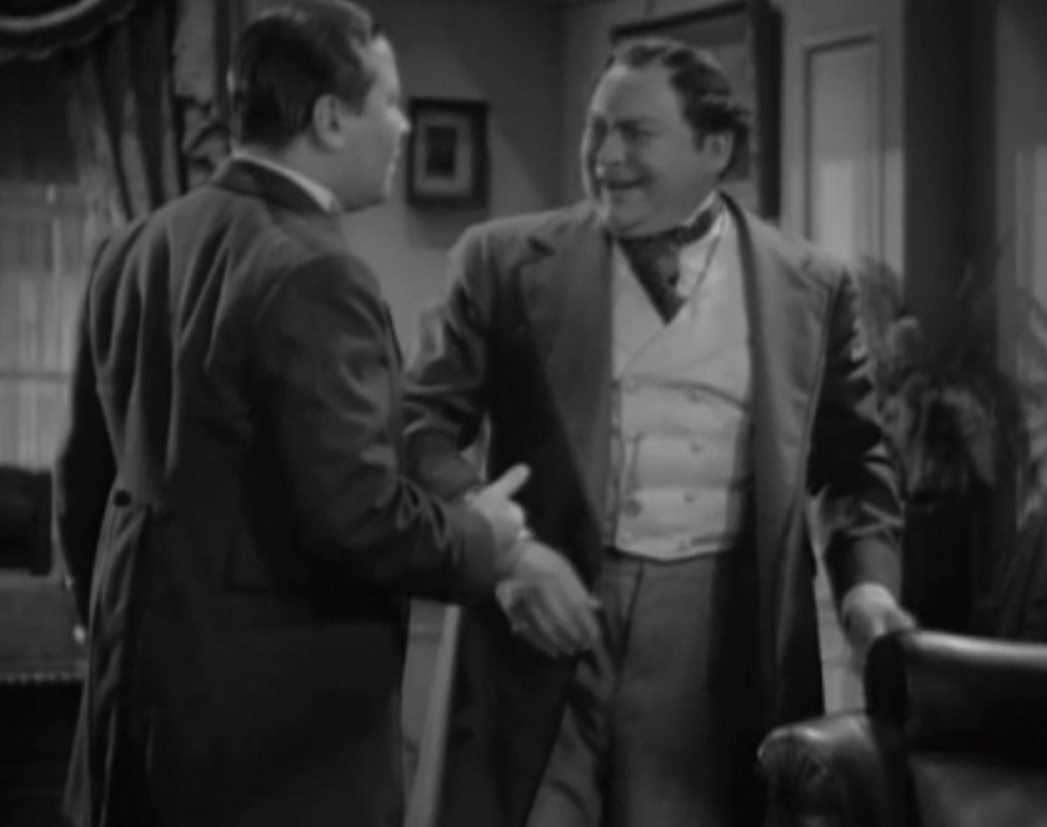 RKO, The Toast of New York (1937)
RKO, The Toast of New York (1937)
9. He Lost Everything
Because of the fighting in the South, stock market prices in New York fluctuated wildly. More wildly than Fisk knew how to handle. Within just six months, he had lost almost all of the money that he had made selling cotton and textiles. Worse yet, he had lost his investors’ money—and they weren't happy. But he had a clever plan to make it all back.
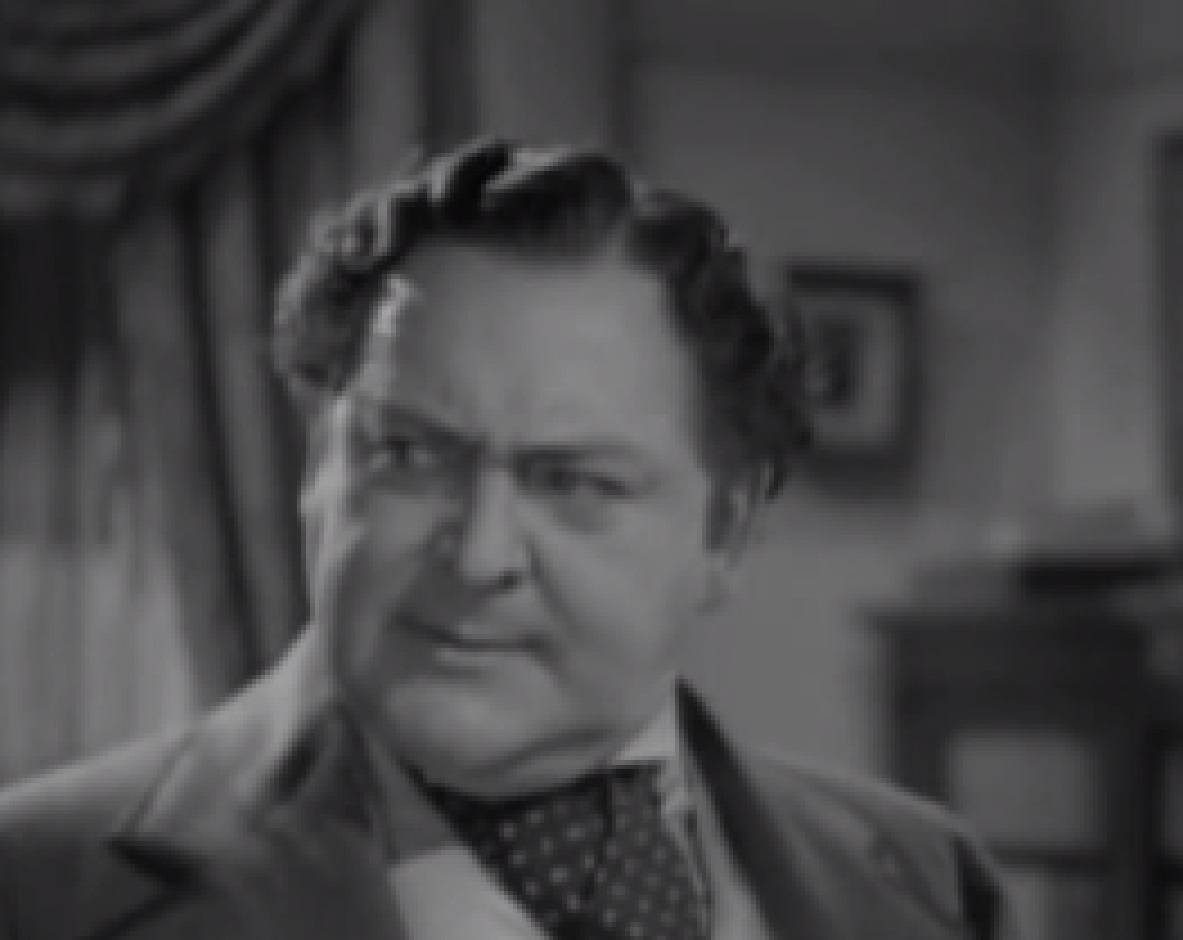 RKO, The Toast of New York (1937)
RKO, The Toast of New York (1937)
10. He Vowed To Get Revenge
As the old Wall Street bankers and brokers laughed, Fisk’s fortune disappeared faster than a New York minute. But he was never one to take a loss lying down and he vowed revenge against the financiers who had outsmarted him. “Wall Street has ruined me,” he proclaimed as he relocated to Boston, “and Wall Street shall pay for it”.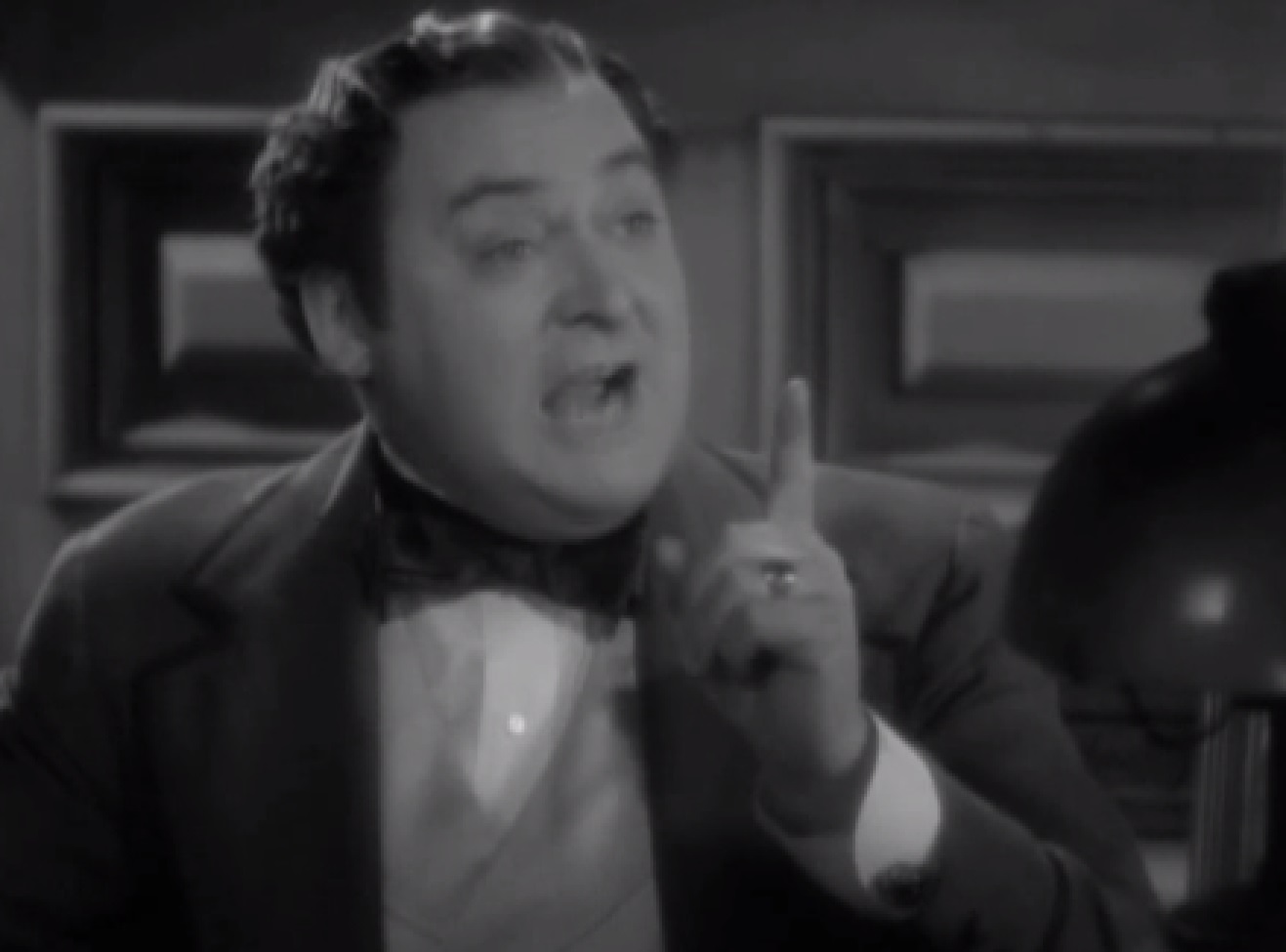 RKO, The Toast of New York (1937)
RKO, The Toast of New York (1937)
11. He Made A Fool Of Everyone
On his 30th birthday, April Fool’s Day in 1865, Fisk got his revenge on Wall Street, making fools of them all. He stayed up late, waiting for news from the Siege of Petersburg in Virginia. When he got word that Union forces had broken through the Confederate lines, he sent the most important telegram of his life—one that would make him filthy rich.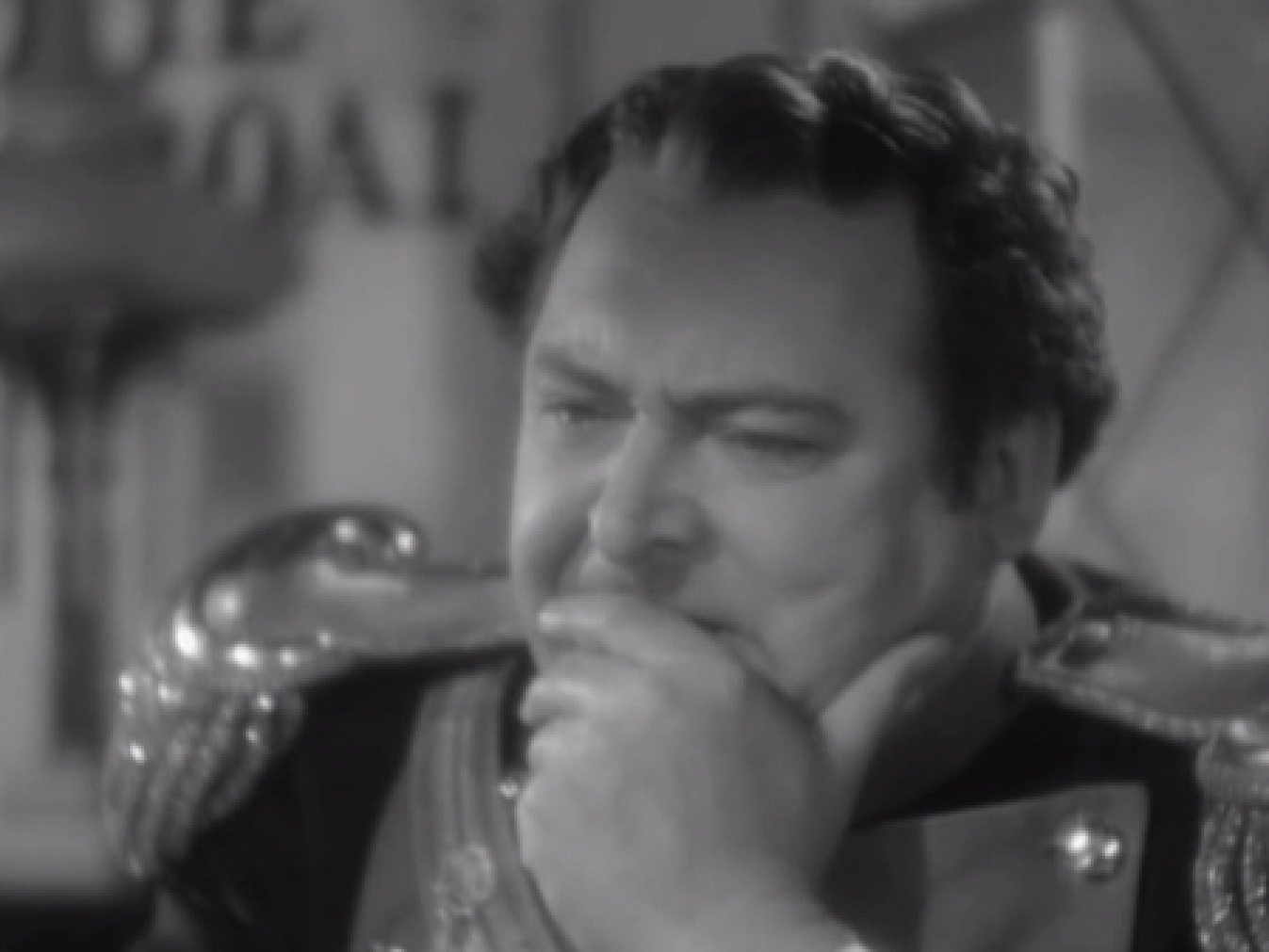 RKO, The Toast of New York (1937)
RKO, The Toast of New York (1937)
12. He Passed “Go!”
Fisk bribed a telegram dispatcher to send a message to one of his associates, saying simply, “Go!” His associate then sped across the Atlantic Ocean to London, England where he began shorting Confederate bonds before the New York financiers could even make a move. Fisk made so much money in his scheme that he didn’t know what to do with it all.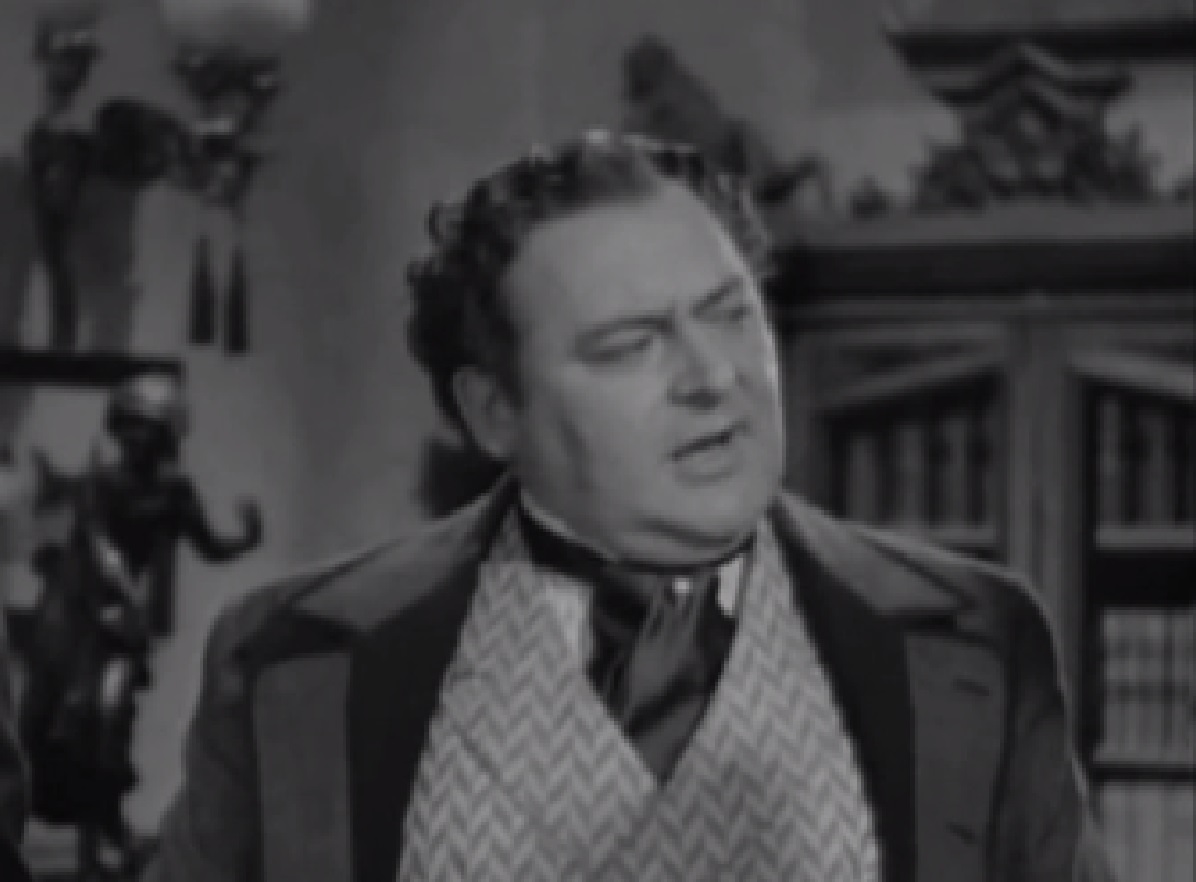 RKO, The Toast of New York (1937)
RKO, The Toast of New York (1937)

History's most fascinating stories and darkest secrets, delivered to your inbox daily.
13. He Was Filthy Rich
Fisk’s elaborate scheme to capitalize on the suffering tearing the country apart made him fabulously wealthy. When the dust settled, he pocketed somewhere between three and four million dollars—the equivalent of tens of millions of dollars in today’s money. He just didn’t have anywhere to keep it all.
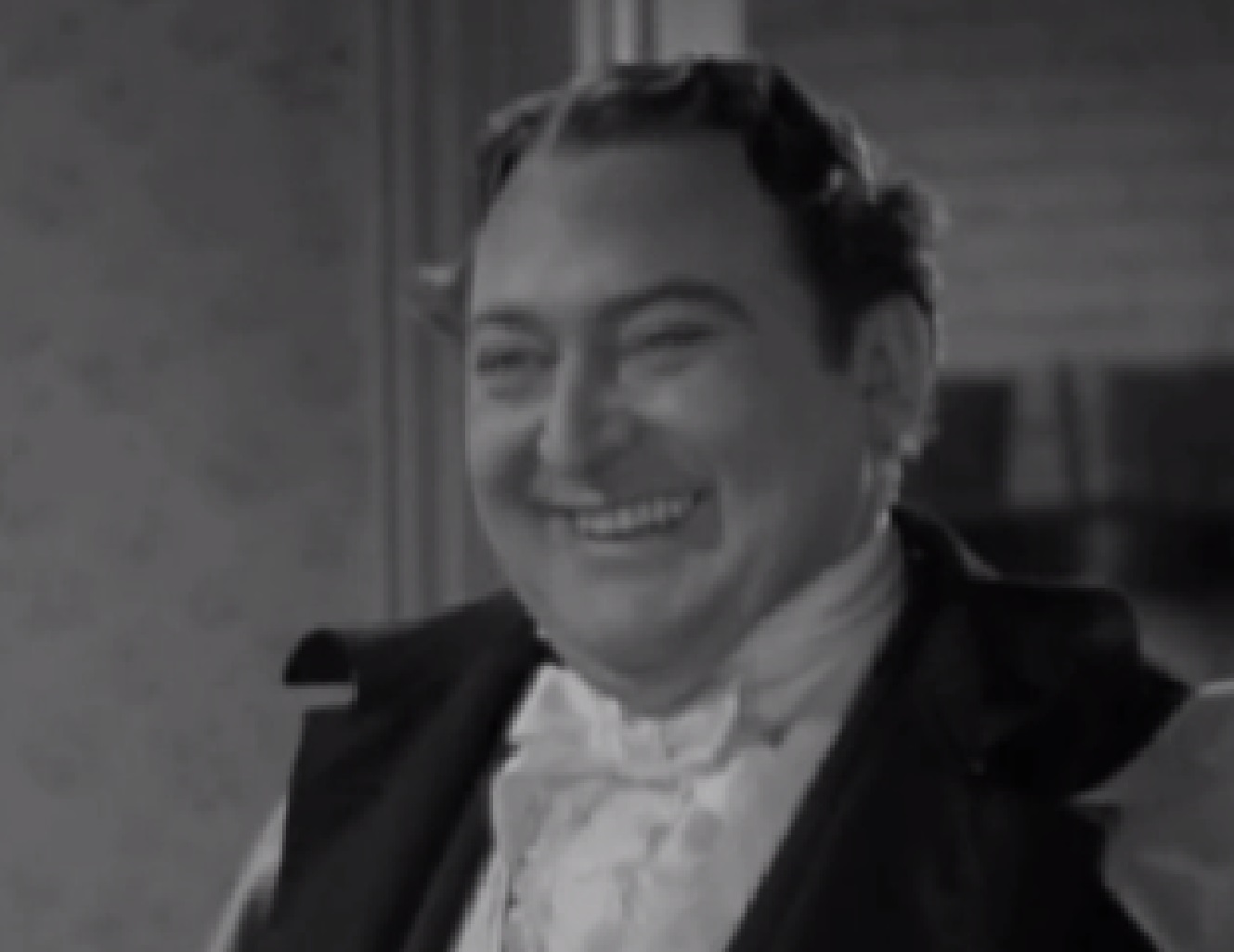 RKO, The Toast of New York (1937)
RKO, The Toast of New York (1937)
14. He Had A $1,000 Sink
Fisk returned to New York from Boston after the success of his scheme. The financiers who had laughed at his failures before, couldn’t help but cower at his feet. They called him “Jubilee Jim” and “Big Jim” and he began spending lavishly. One of his most extravagant purchases was a “$1,000 marble and porcelain sink” in his office.
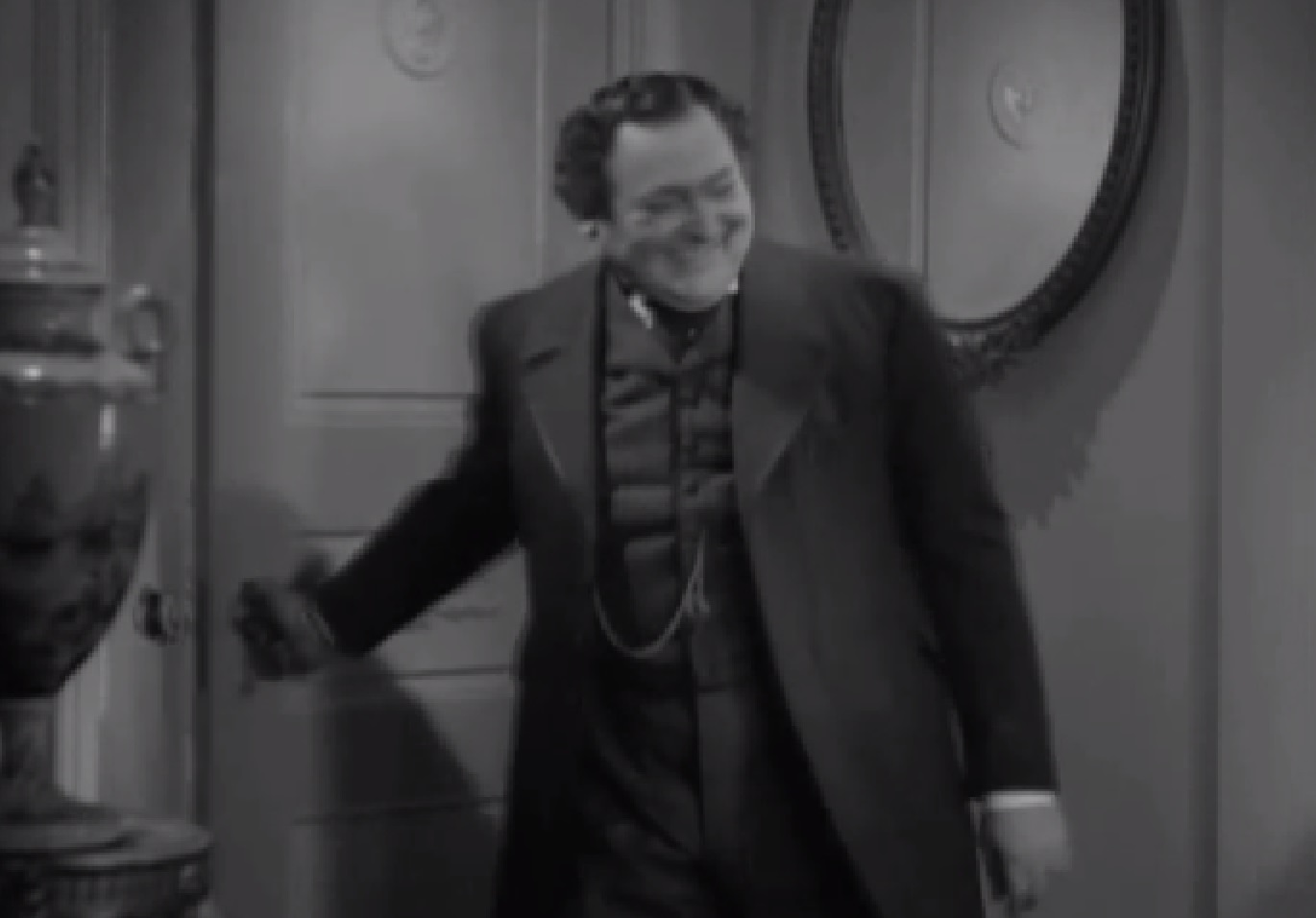 RKO, The Toast of New York (1937)
RKO, The Toast of New York (1937)
15. He Was “Safe”
With too much money and not enough to do, Fisk purchased an old opera house and spent a fortune renovating it. You might even say that he buried his fortune in it. Literally. He had a seven-storey safe built in his new theater, the Grand Opera House, to house his stacks of cash and growing collection of priceless valuables.
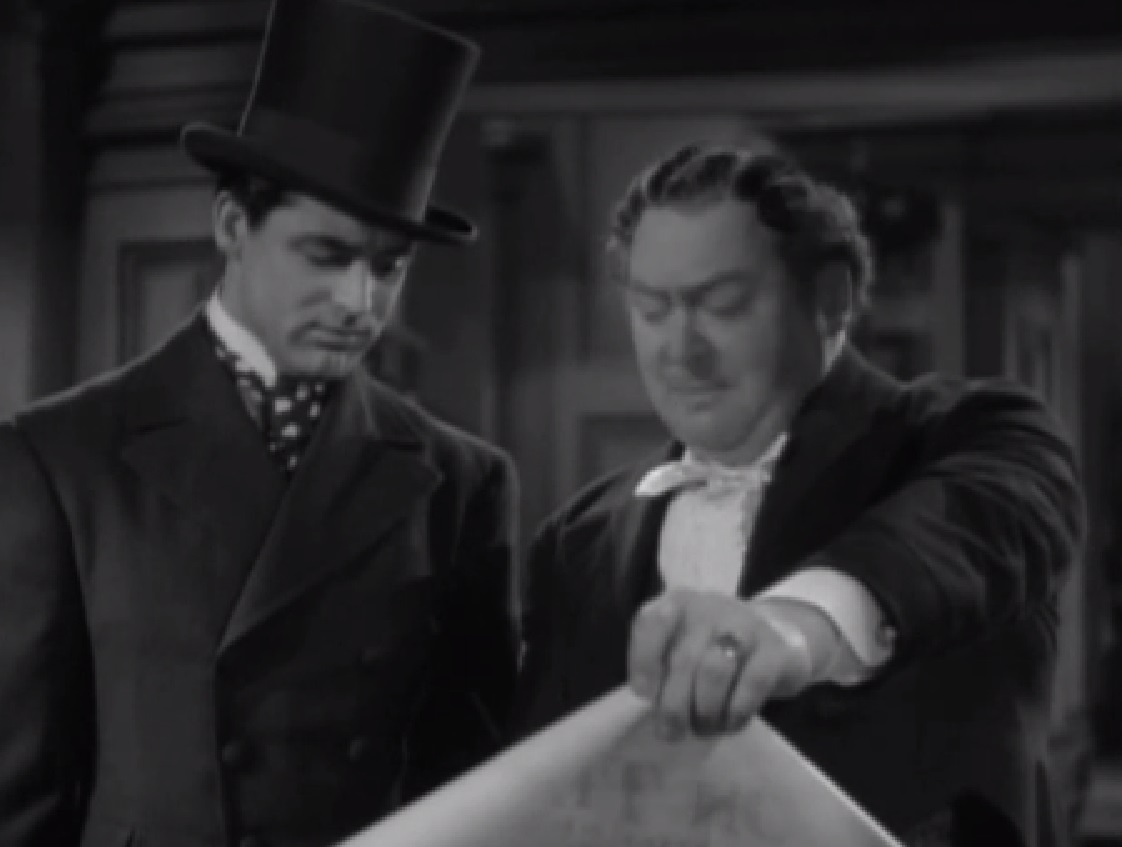 RKO, The Toast of New York (1937)
RKO, The Toast of New York (1937)
16. He Was Offensive
Fisk’s lavish spending offended the sensibilities of Wall Street’s old money families and financiers. He was, as far as the cultured people were concerned, nothing more than a circus act with money. As one of his biographers wrote, Fisk was “divinely fashioned for the function of giving offense to people of taste”. Or people of color.
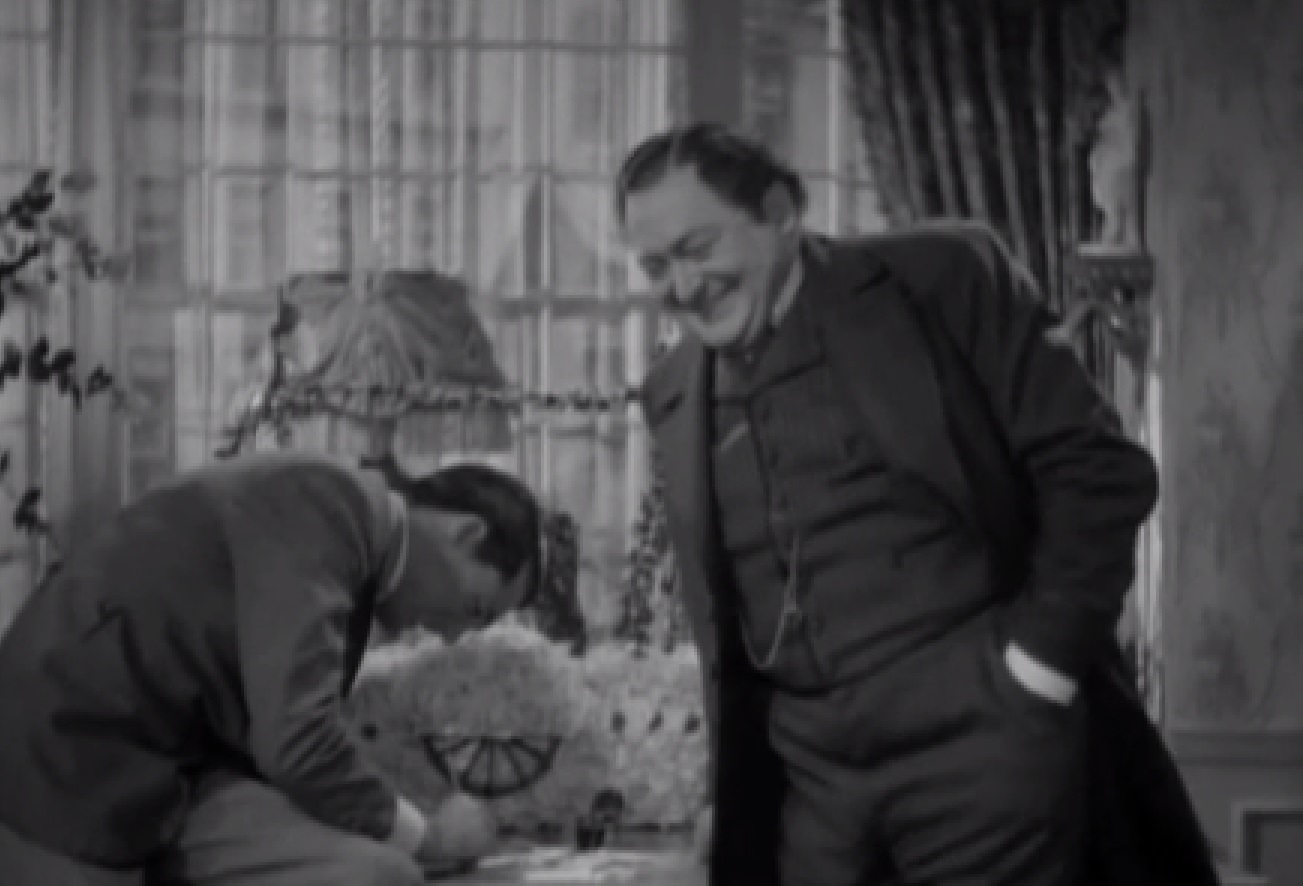 RKO, The Toast of New York (1937)
RKO, The Toast of New York (1937)
17. He Saw Everything In Black And White
Few people attracted as much attention as Fisk did on the streets of New York. With his larger-than-life stature and elaborate getups, he looked like a traveling circus act. Famously, he went around New York with distinctive coachmen. He always had two Black coachmen dressed in all white and two white coachmen dressed in all black.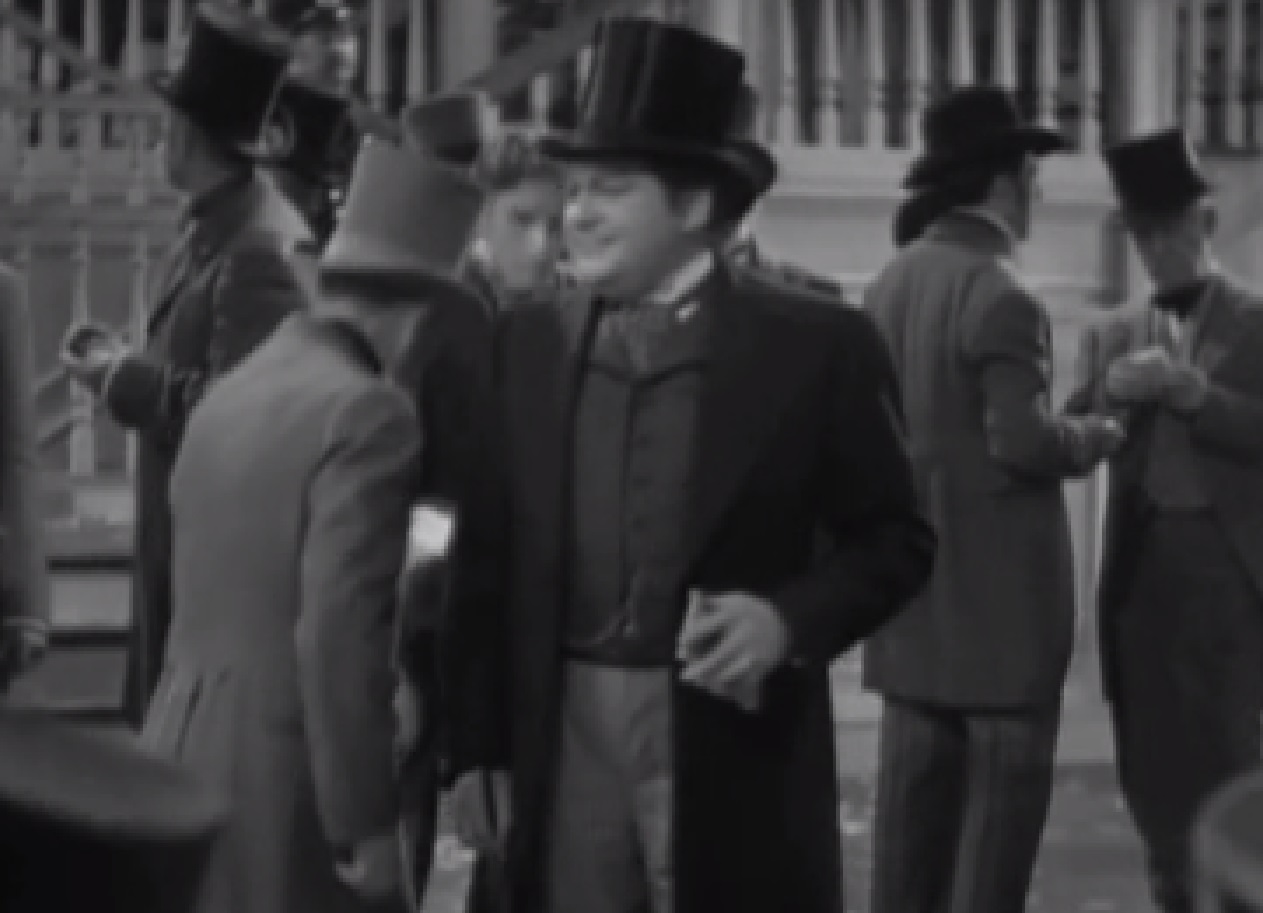 RKO, The Toast of New York (1937)
RKO, The Toast of New York (1937)
18. He Had Expensive Taste
If Fisk offended New York’s high society, he was just getting started. With more money in his personal safe than in most banks, he paid for a steady supply of “champagne and oysters” from the hottest spot in town, Delmonico’s, brought to his office. From the sounds of it, Fisk knew how to throw a party.
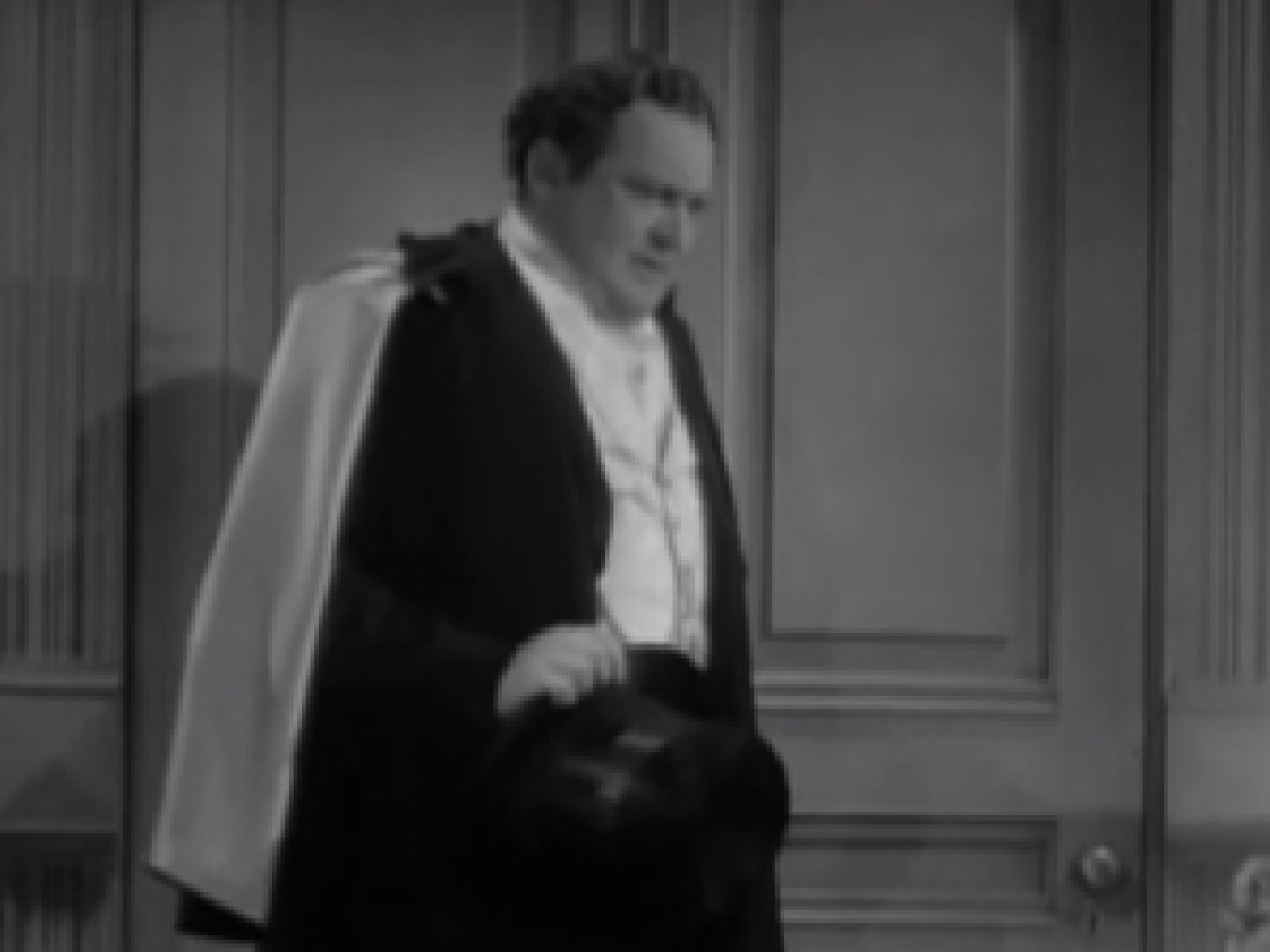 RKO, The Toast of New York (1937)
RKO, The Toast of New York (1937)
19. He Hosted Wild Parties
When he wasn’t plotting his next get-rich-quick scheme, Fisk liked to cut loose—way loose. He became known for hosting wild, shall we say, adults-only and clothing-optional parties in his office. One writer, blushing to describe the hedonistic scenes, wrote that the parties were “of the kind that brought Rome to ruin”.
They almost brought America to ruin as well.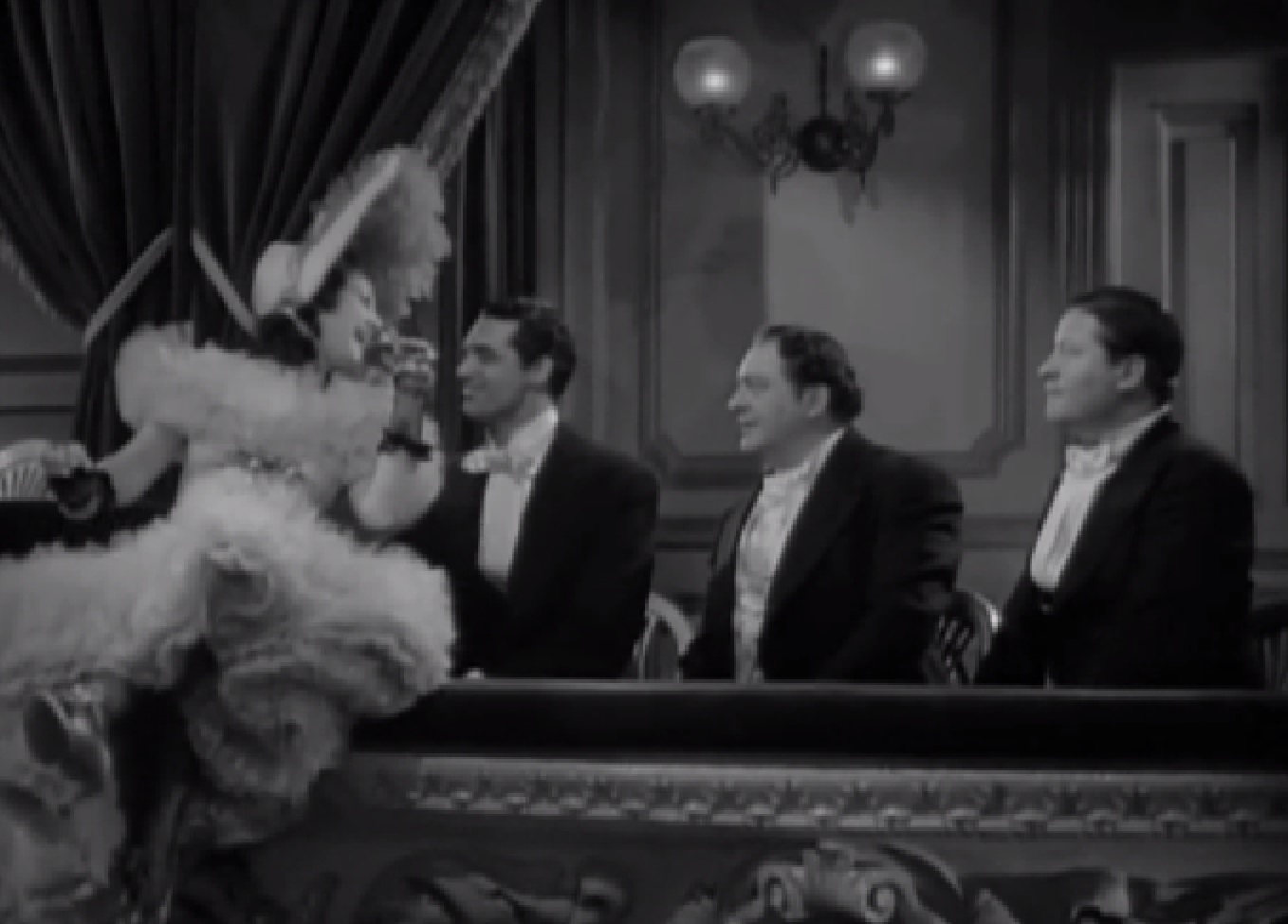 RKO, The Toast of New York (1937)
RKO, The Toast of New York (1937)
20. He Wanted More Money
Even with a virtually bottomless safe stacked with cash and jewels, Fisk still wanted more. In between his wild parties and frequent visits to New York’s bordellos, he continued cooking up schemes to make more money. His next big ruse, however, would put him at odds with one of the wealthiest and most powerful people in all America.
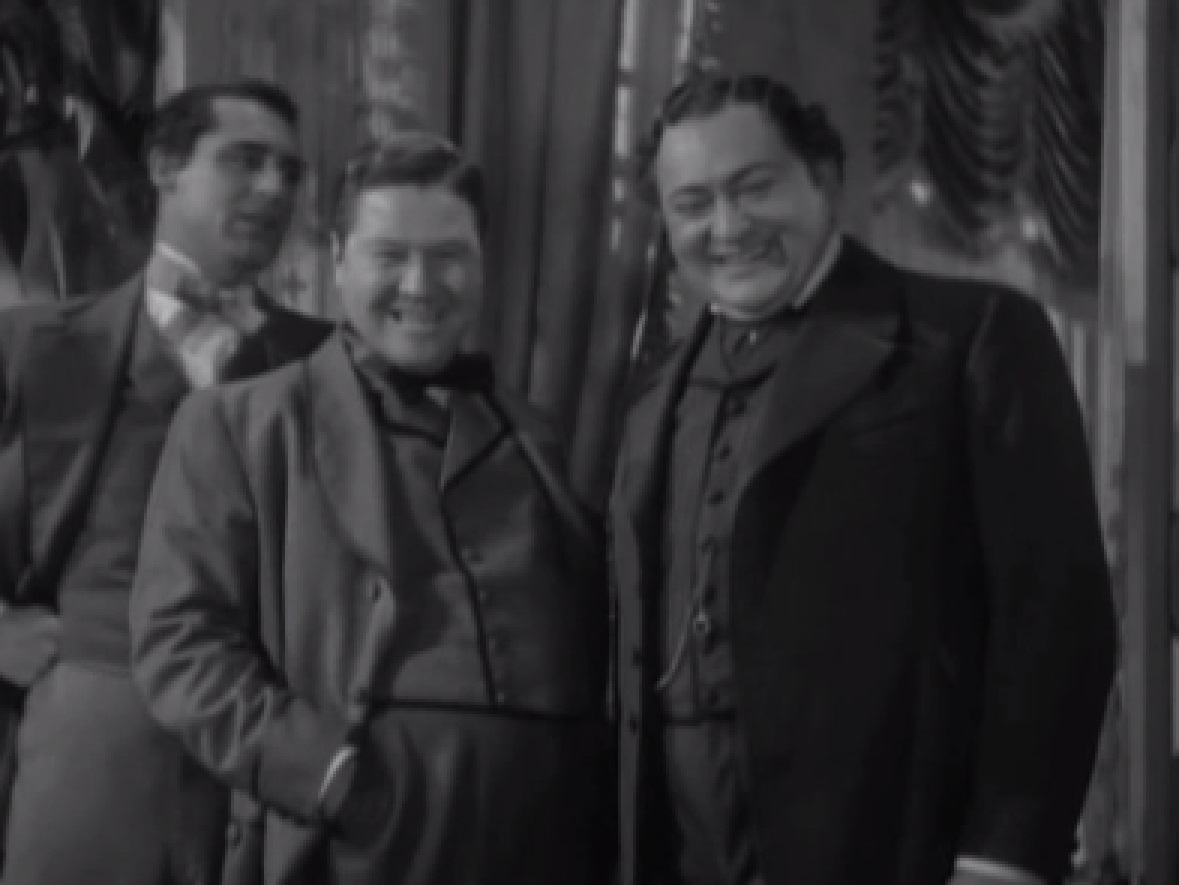 RKO, The Toast of New York (1937)
RKO, The Toast of New York (1937)
21. He Violated Vanderbilt
Fisk wanted to own the Erie Railroad. But so did “the Commodore”, a.k.a. the all-powerful Cornelius Vanderbilt. As ruthless as Vanderbilt was, however, Fisk was even more wily. He partnered with fellow speculator, Daniel Drew, to come up with a plan to take control of the railroad. He even used an old circus trick to pull it off.
 Produced by Mathew Brady's studio, Wikimedia Commons
Produced by Mathew Brady's studio, Wikimedia Commons
22. He Played A Shell Game
Fisk and Drew began playing a type of shell game, issuing “fraudulent” stocks of the Erie Railroad. They managed to get Vanderbilt to spend a whopping seven million dollars before he finally realized what was going on. By then, it was too late. Fisk and Drew had managed to buy the real shares of Erie Railroad. Their plan worked too well.
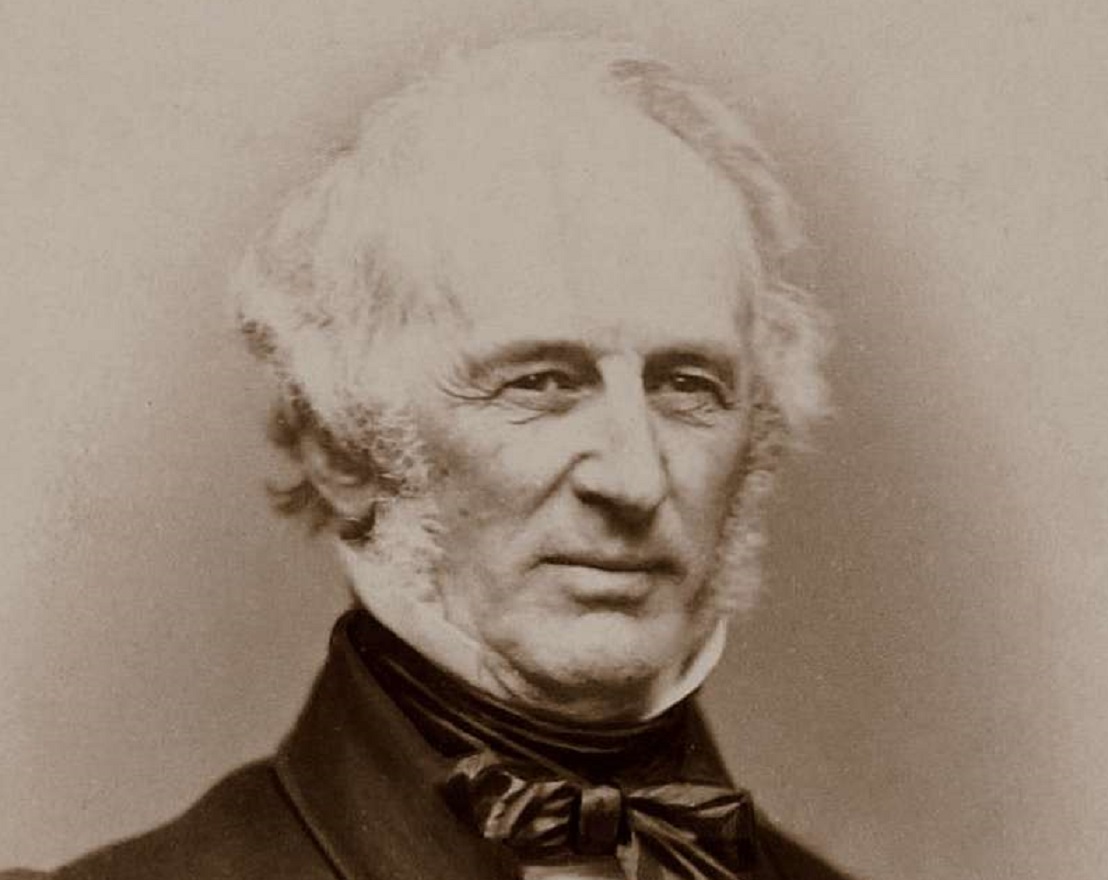 Heritage Auction Galleries, Picryl
Heritage Auction Galleries, Picryl
23. He Had To Flee New York
Fisk’s and Drew’s plan to issue fake Erie Railroad stock was not entirely legal. In fact, to avoid consequences with the courts, Fisk had to briefly flee to New Jersey. Fortunately, Vanderbilt didn’t hold the grudge for long, and Fisk was able to return to New York. But he wasn’t done causing trouble.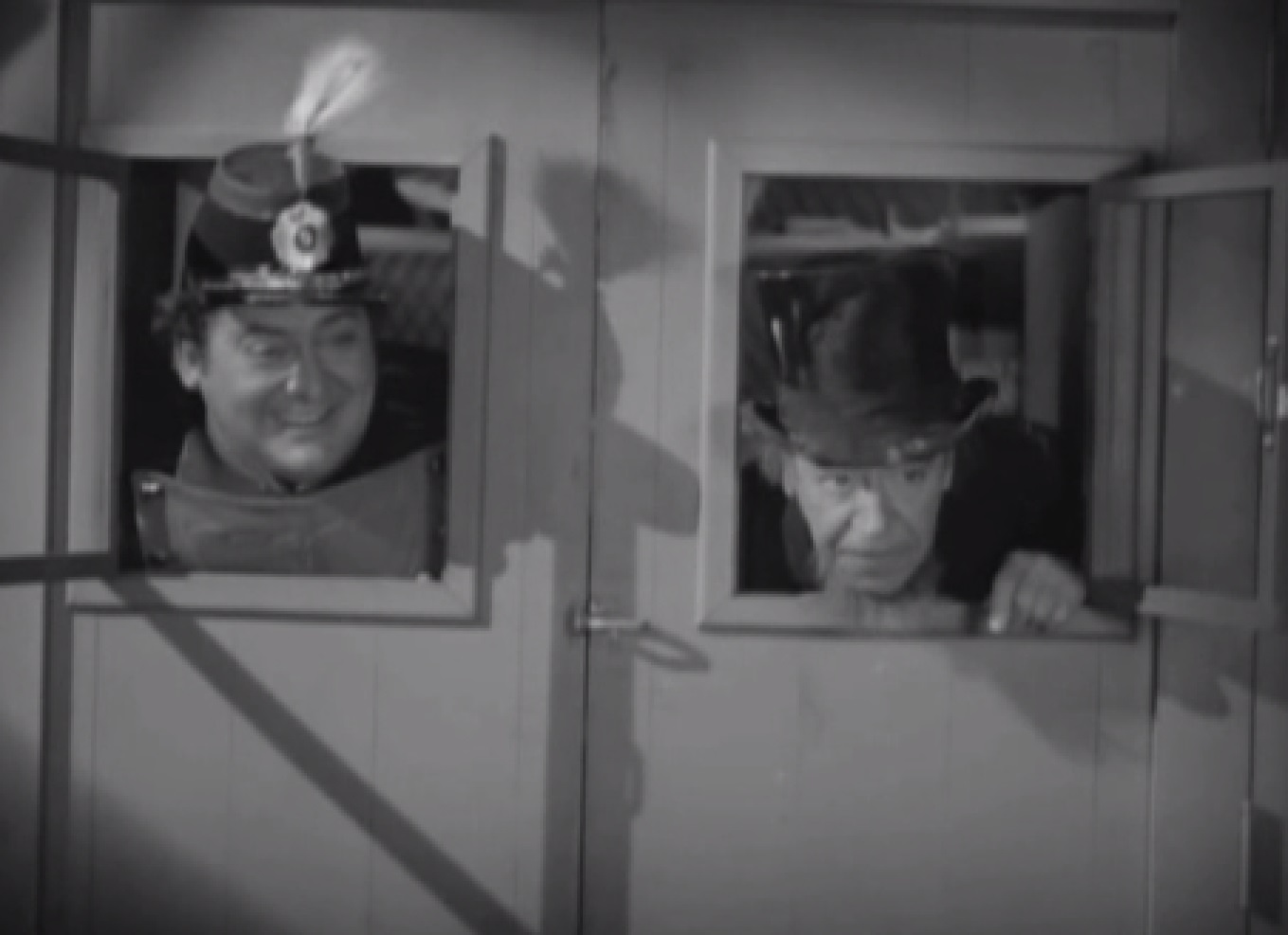 RKO, The Toast of New York (1937)
RKO, The Toast of New York (1937)
24. He Was Obsessed With Gold
In 1869, Fisk put a plan into motion to pull off the biggest scheme of his life: gold. Together with his new partner, Jay Gould, Fisk came up with an elaborate scheme to corner the gold market in the chaos after 1865. His plan would have worked perfectly—if he hadn’t accidentally ticked off the President of the United States.
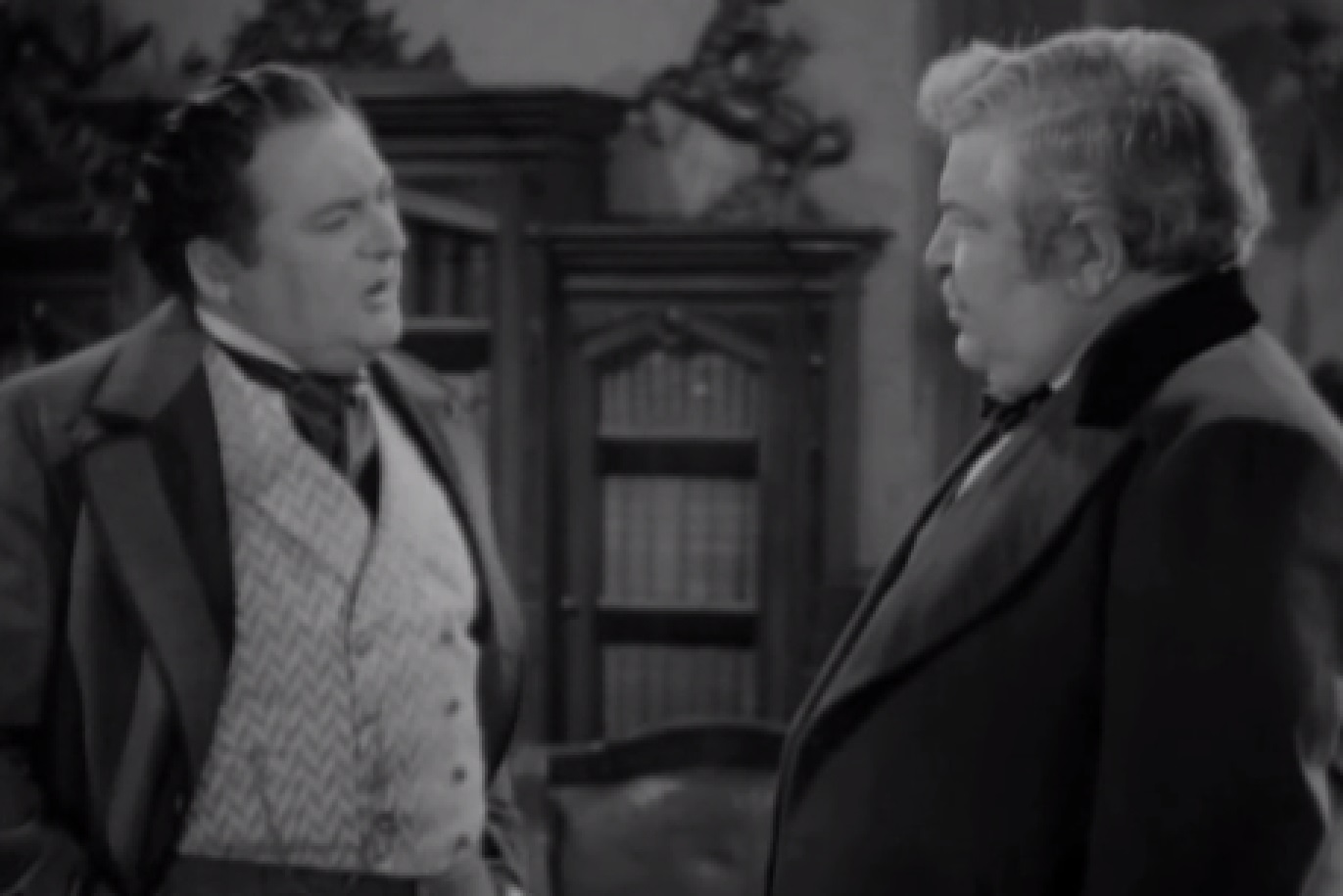 RKO, The Toast of New York (1937)
RKO, The Toast of New York (1937)
25. He Played The President
Part of Fisk’s scheme involved fooling President Ulysses S. Grant into selling the government’s gold at times that were convenient to him. Unlike the other people that Fisk had fooled, however, Grant wasn’t so easily swayed by his circus showmanship. When President Grant found out what Fisk was up to, things turned ugly. For everyone.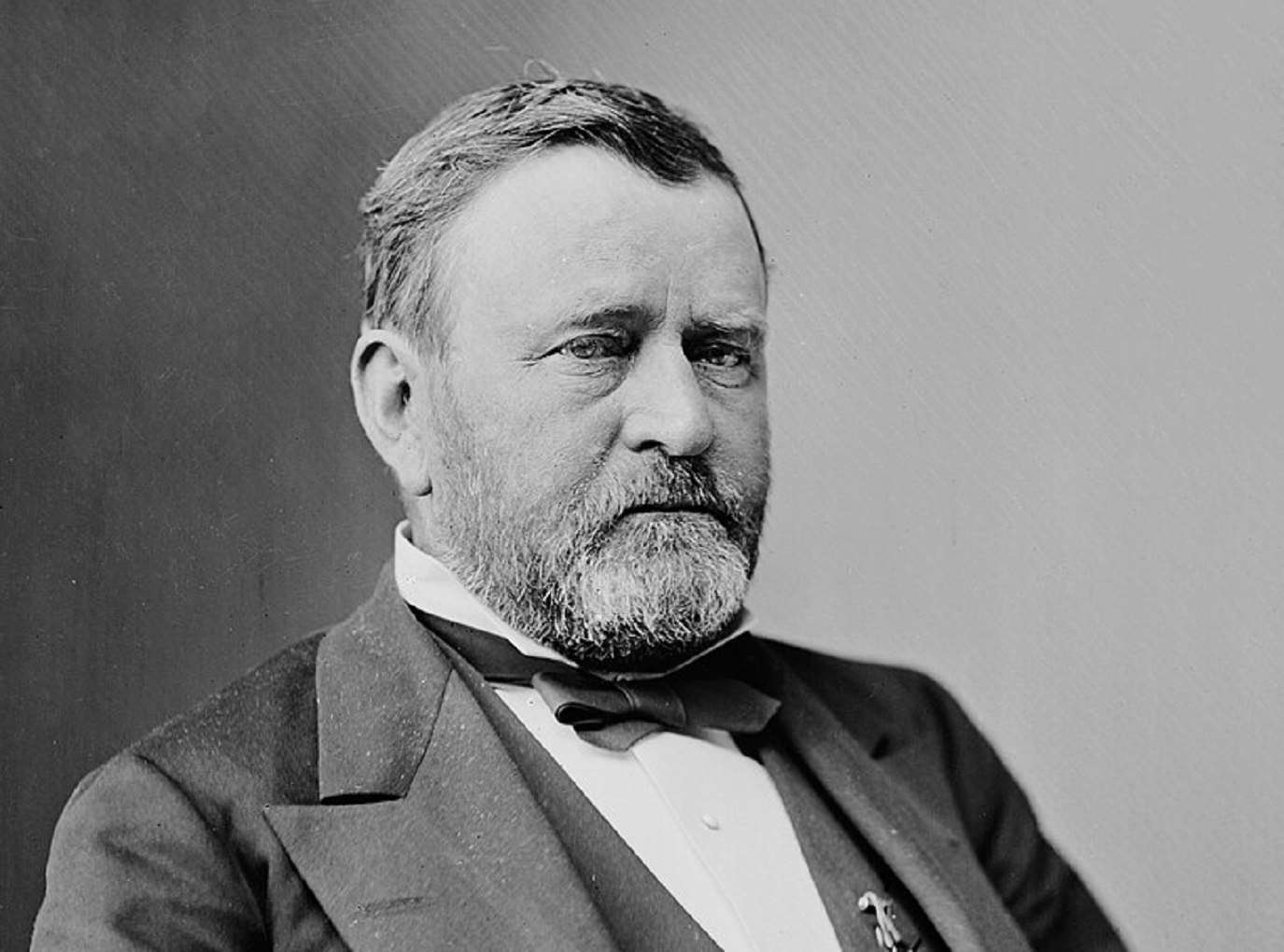 Brady-Handy Photograph Collection, Wikimedia Commons
Brady-Handy Photograph Collection, Wikimedia Commons
26. He Caused A Crash
President Grant got wise to the fact that Fisk had been using him to artificially drive up the price of gold. When he went about fixing the situation, however, he sparked a sell-off in the markets, led by Fisk and his co-conspirators. The ensuing collapse, Black Friday, nearly crippled the economy. But Fisk still had money to burn.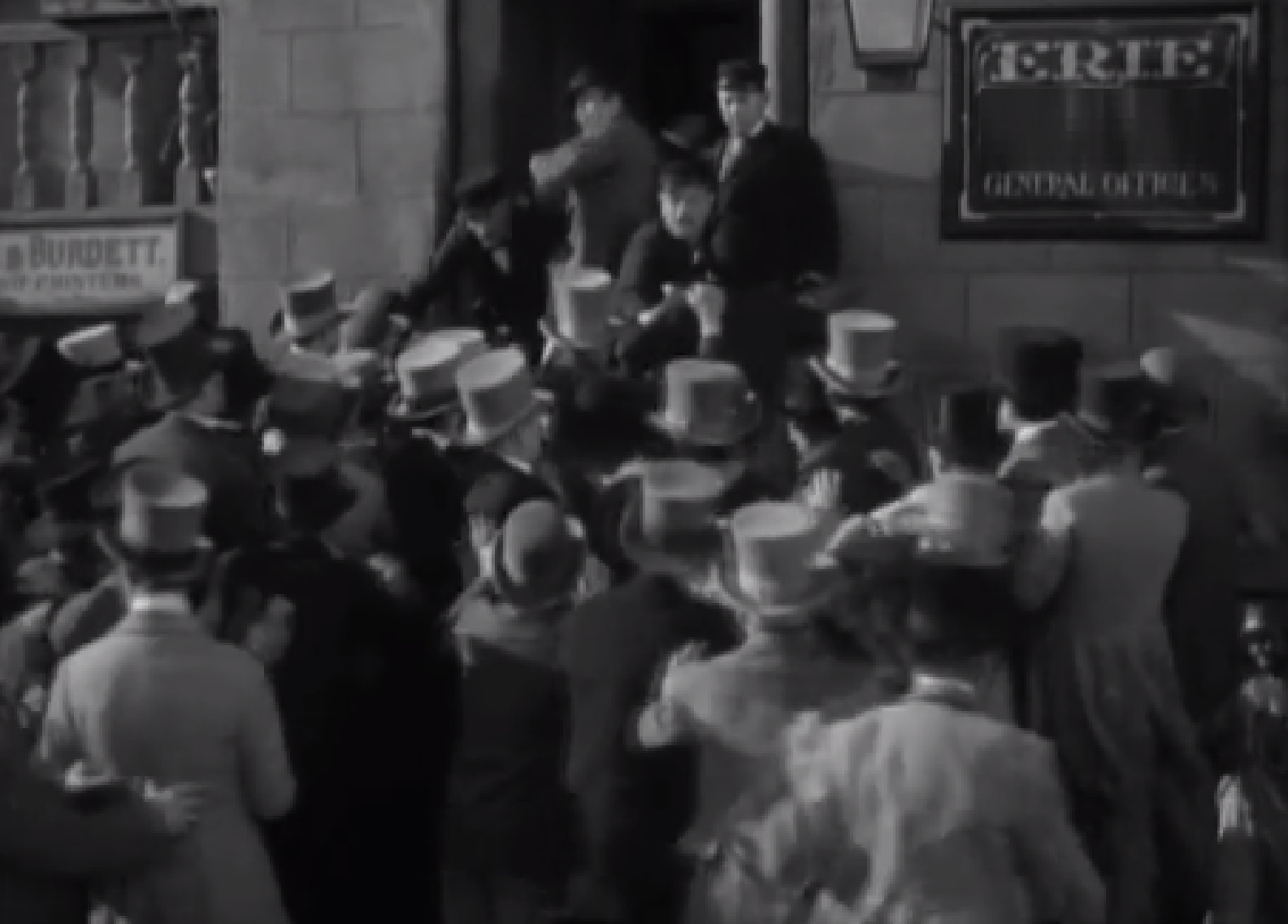 RKO, The Toast of New York (1937)
RKO, The Toast of New York (1937)
27. His Marriage Was Not What It Seemed
Fisk’s personal life was filled with just as many lies, schemes, and conspiracies as his deceptive business practices. Way back in 1854, at the age of 19, he had married Lucy Moore. At the time, she had just been a 15-year old orphan, growing up in her uncle’s home. On paper, they had a normal marriage. But nothing was ever as it seemed with Big Jim Fisk.
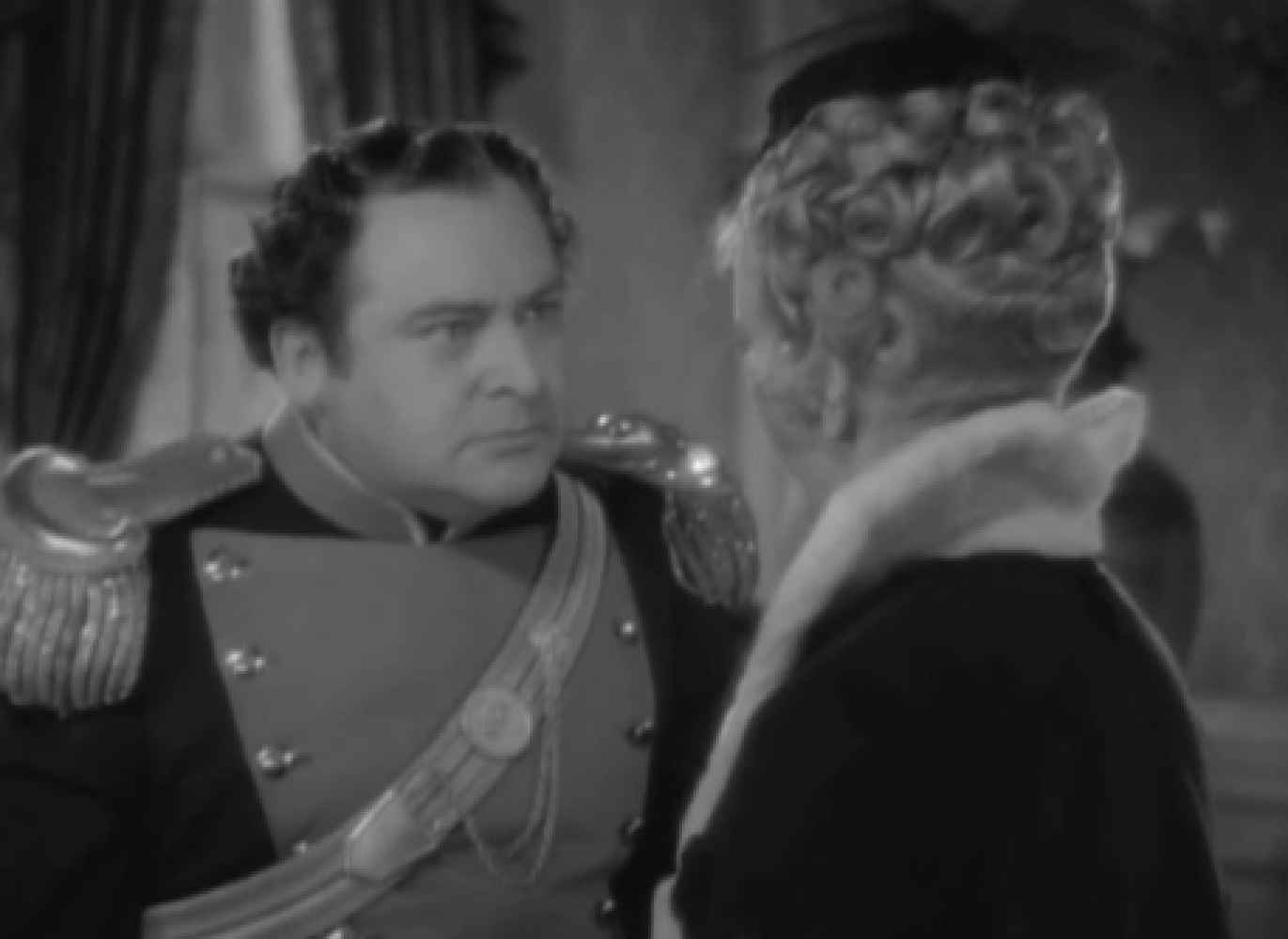 RKO, The Toast of New York (1937)
RKO, The Toast of New York (1937)
28. He Had Many Affairs
Fisk and Moore remained married until Fisk’s dramatic demise in 1872, but it wasn’t a conventional marriage at all. Fisk carried on numerous extramarital affairs—not even counting those wild parties in his office—and frequented New York’s finest maisons close.
For her part, Moore seemed to tolerate the affairs. Fisk wasn’t exactly her type anyway.
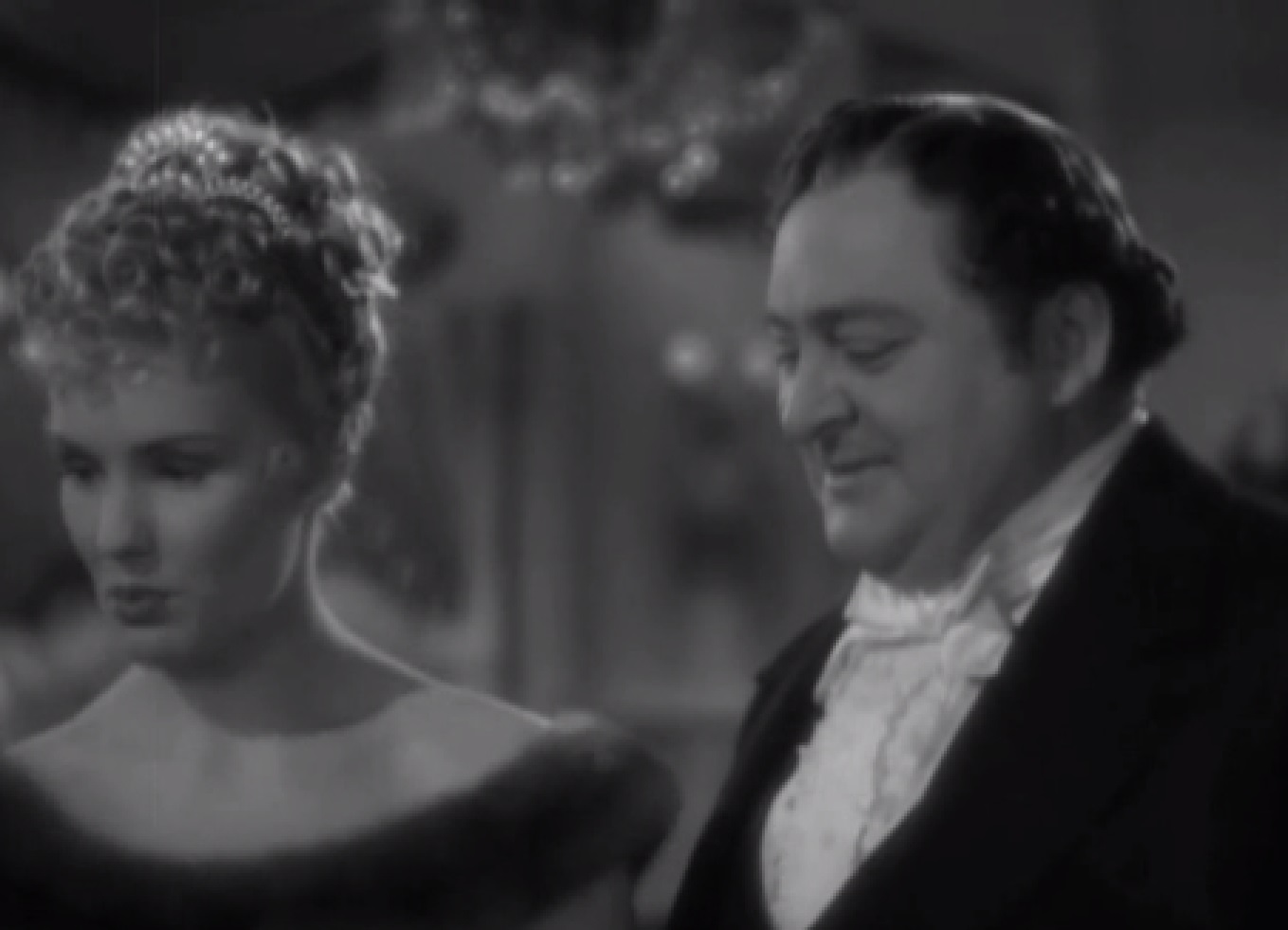 RKO, The Toast of New York (1937)
RKO, The Toast of New York (1937)
29. His Wife Had Another Lover
Moore tolerated Fisk’s affairs because she had a long-standing lover of her own. While Fisk was away in New York, working on his next big swindle, Moore remained in Boston with her female lover, Fanny Harrod. Despite their affairs, Fisk and Moore were close with Fisk, who spent as much time with Moore as his work permitted. Or his mistress.
 RKO, The Toast of New York (1937)
RKO, The Toast of New York (1937)
30. He Got “Wood”
Fisk was already something of a social pariah when, in 1867, he stepped into Annie Wood’s house of ill-repute. While he was likely there to sample Wood’s “talent”, he found someone far more interesting: Josie Mansfield “a divorced ex-actress turned showgirl” whose curvaceous body beguiled men.
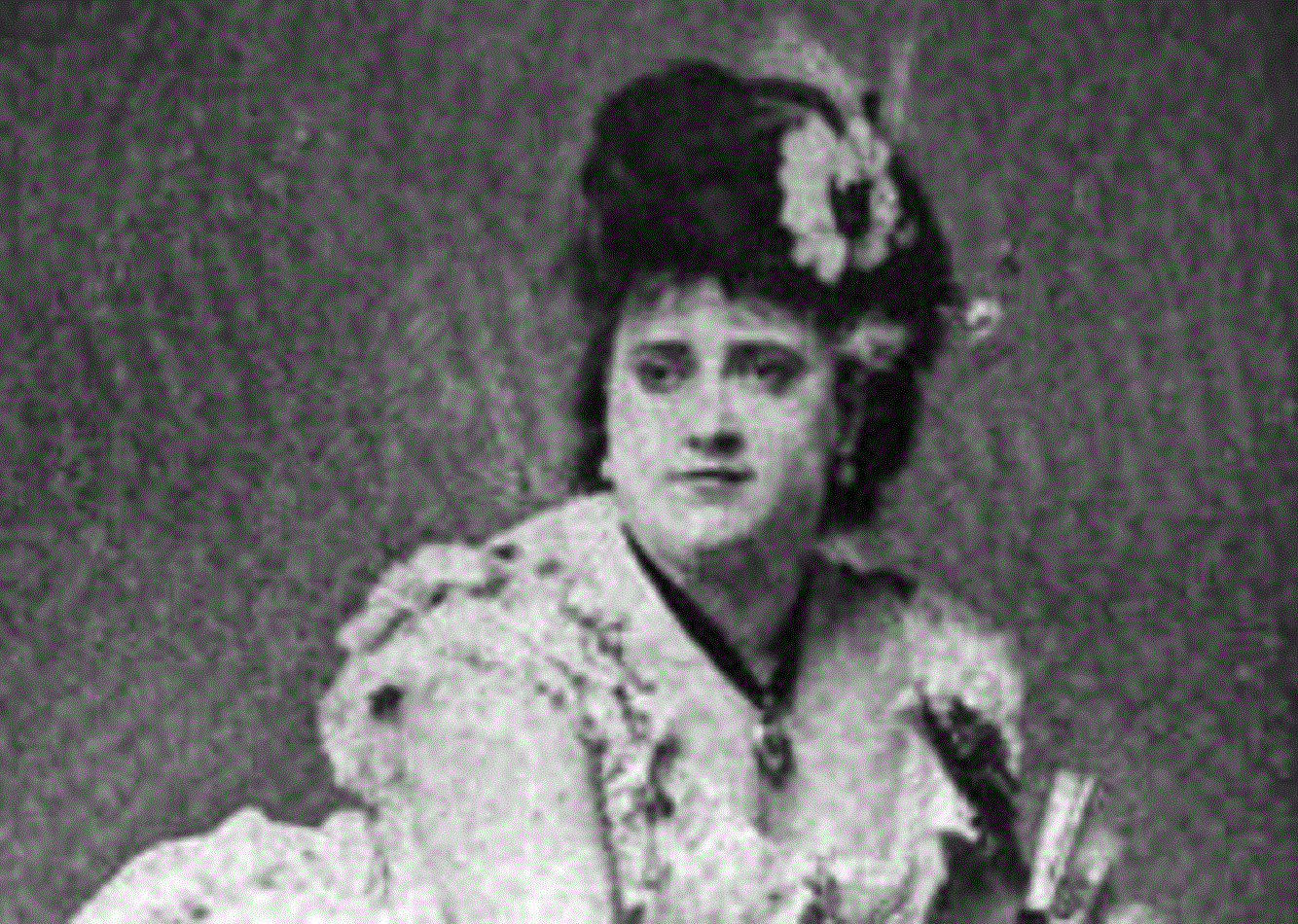 BillyMurray, Wikimedia Commons
BillyMurray, Wikimedia Commons
31. He Was Manic For Mansfield
Lost in her folds and rolls, Fisk quickly started having an affair with Mansfield. In just one year, he showered her with lavish gifts, estimated at almost $1,000,000 in today’s money. He was so obsessed with Mansfield that he even bought an apartment for her just a few doors down from his office in Manhattan. It’s a wonder he got any work done.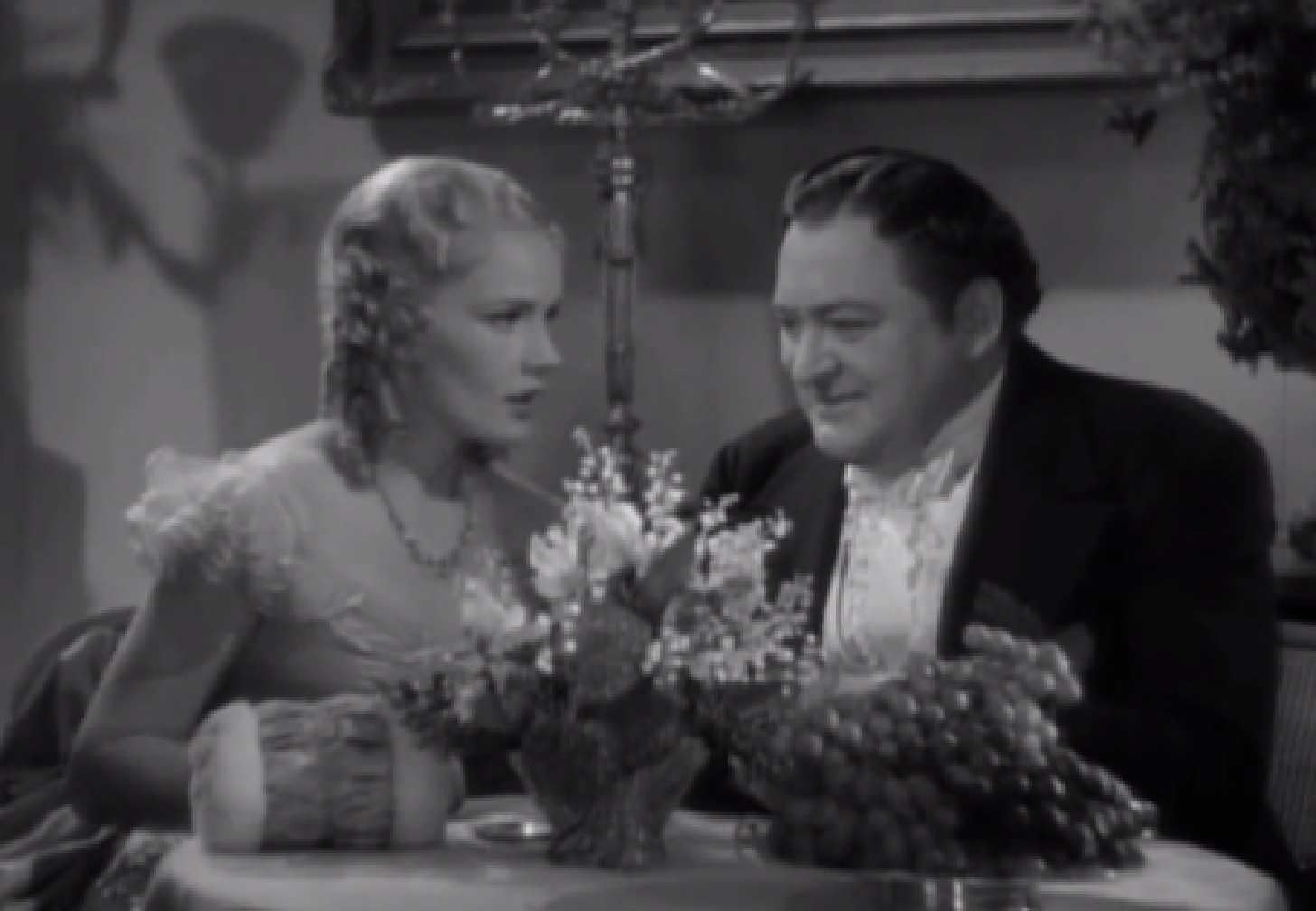 RKO, The Toast of New York (1937)
RKO, The Toast of New York (1937)
32. He Built A Secret Passageway
Not wanting to further tarnish his already questionable reputation, Fisk went to elaborate lengths to cover up his affair with the bawdy and publicly coquettish Mansfield. He had a private, covered walkway built between his office and the apartment he bought for her so he could travel in secret. This was one secret, however, that he couldn’t keep.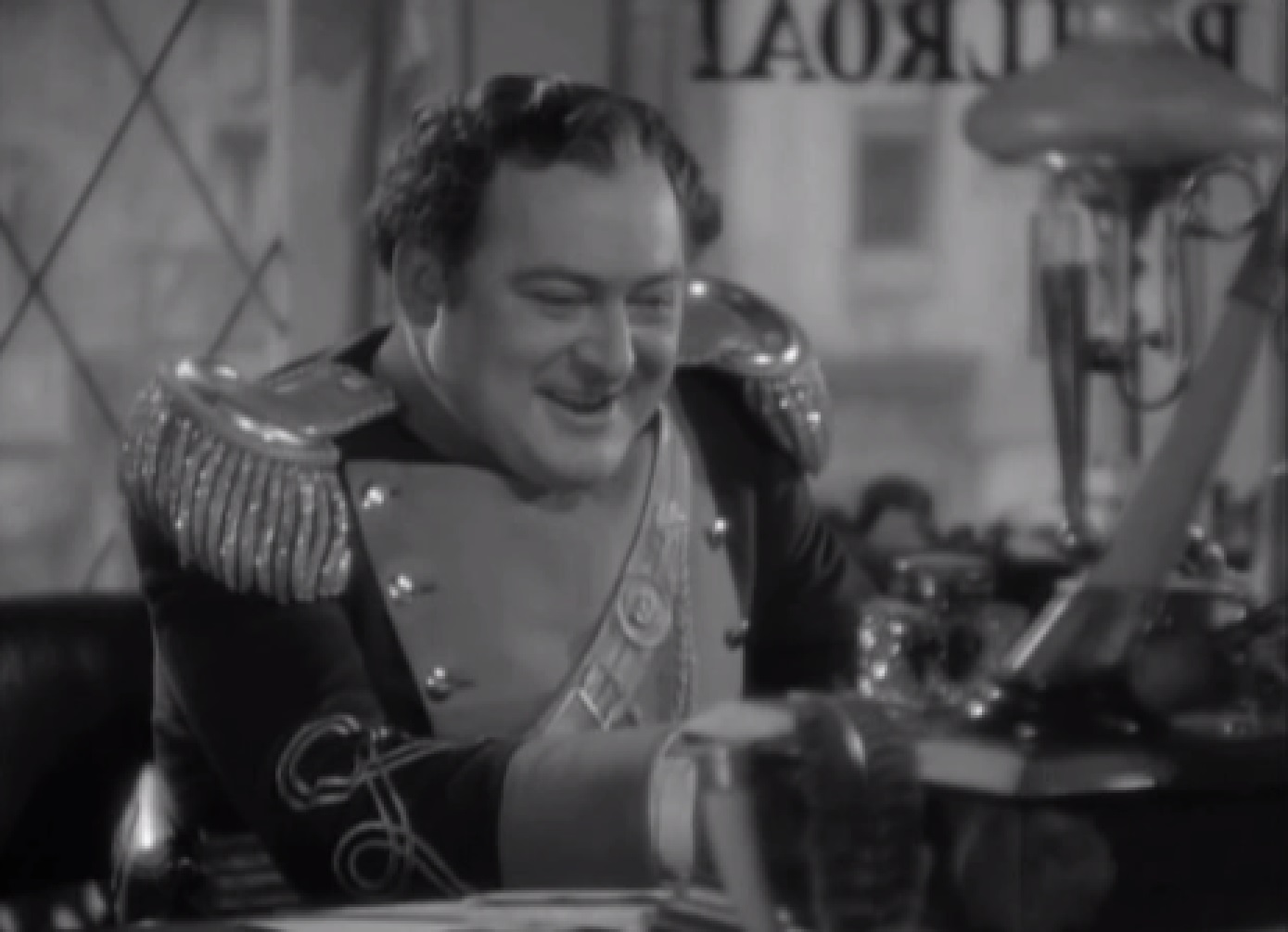 RKO, The Toast of New York (1937)
RKO, The Toast of New York (1937)
33. He Met His Equal
In mid-1869, Fisk finally met someone every bit as unscrupulous as he was. He sparked up a working relationship with Edward S. “Ned” Stokes. Stokes was handsome, athletic, and from a family with a good name—but no money. As such, Stokes had turned to unsavory business practices, just as Fisk had to make his fortune.
Questionable ethics was not all that Fisk shared with Stokes.
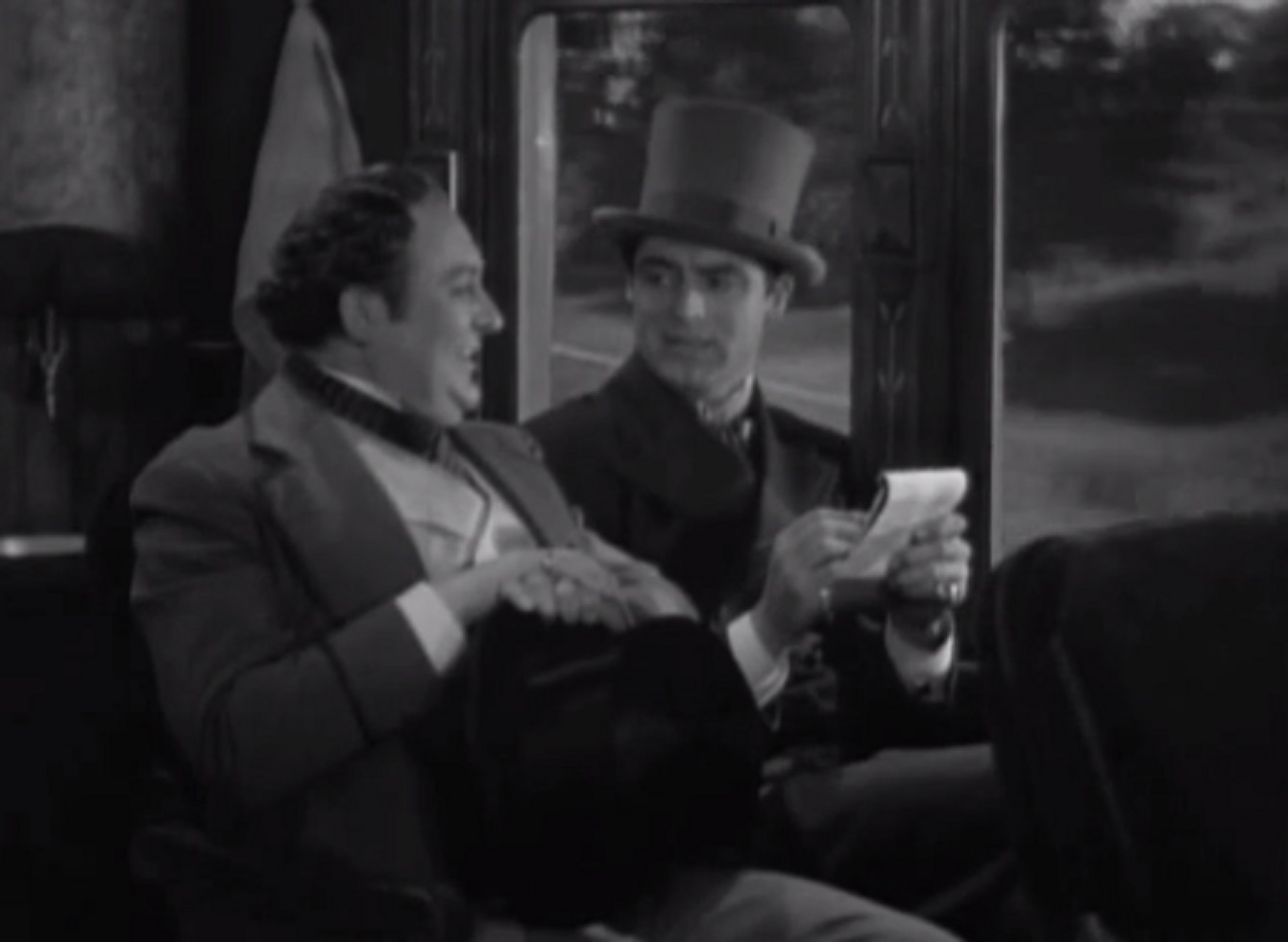 RKO, The Toast of New York (1937)
RKO, The Toast of New York (1937)
34. He Brought People Together
Just like Fisk, Josie Mansfield knew how to throw a party. On New Year’s Day in 1870, she hosted a lavish day-long party at the apartment that Fisk had purchased for her. As the guests were coming and going, Fisk thought he’d bring Stokes around and introduce him to his voluptuous girlfriend.
He would soon regret it.
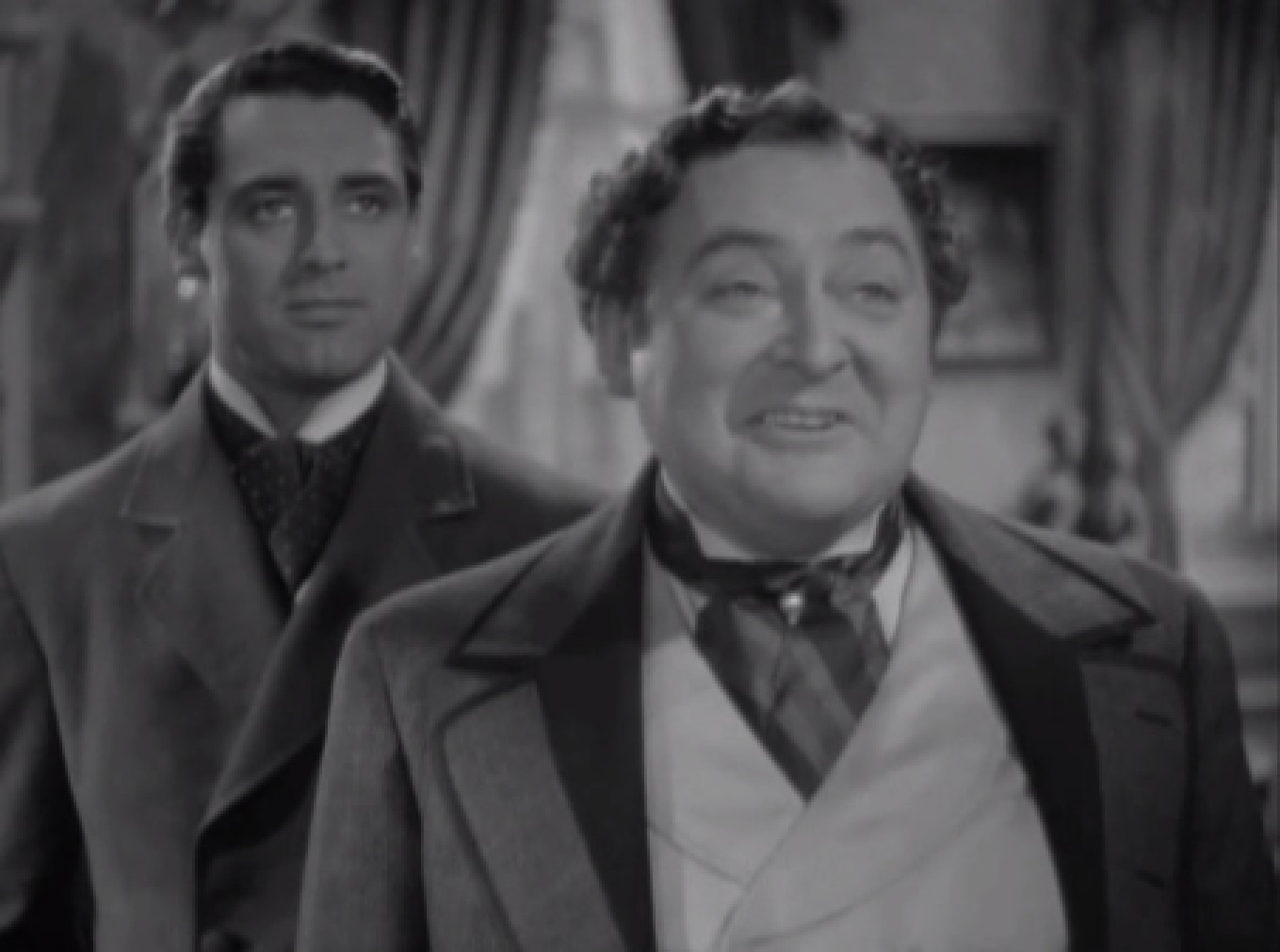 RKO, The Toast of New York (1937)
RKO, The Toast of New York (1937)
35. His Partner And His Partner Hit It Off
Mansfield and Stokes hit it off. They spent hours together near the never-ending punch bowl, chatting and laughing. Pretty soon, the other party guests began commenting on what an attractive couple they would make. At first, Fisk thought that it was all fun and games—but, as a greedy businessman, he was not one to share.
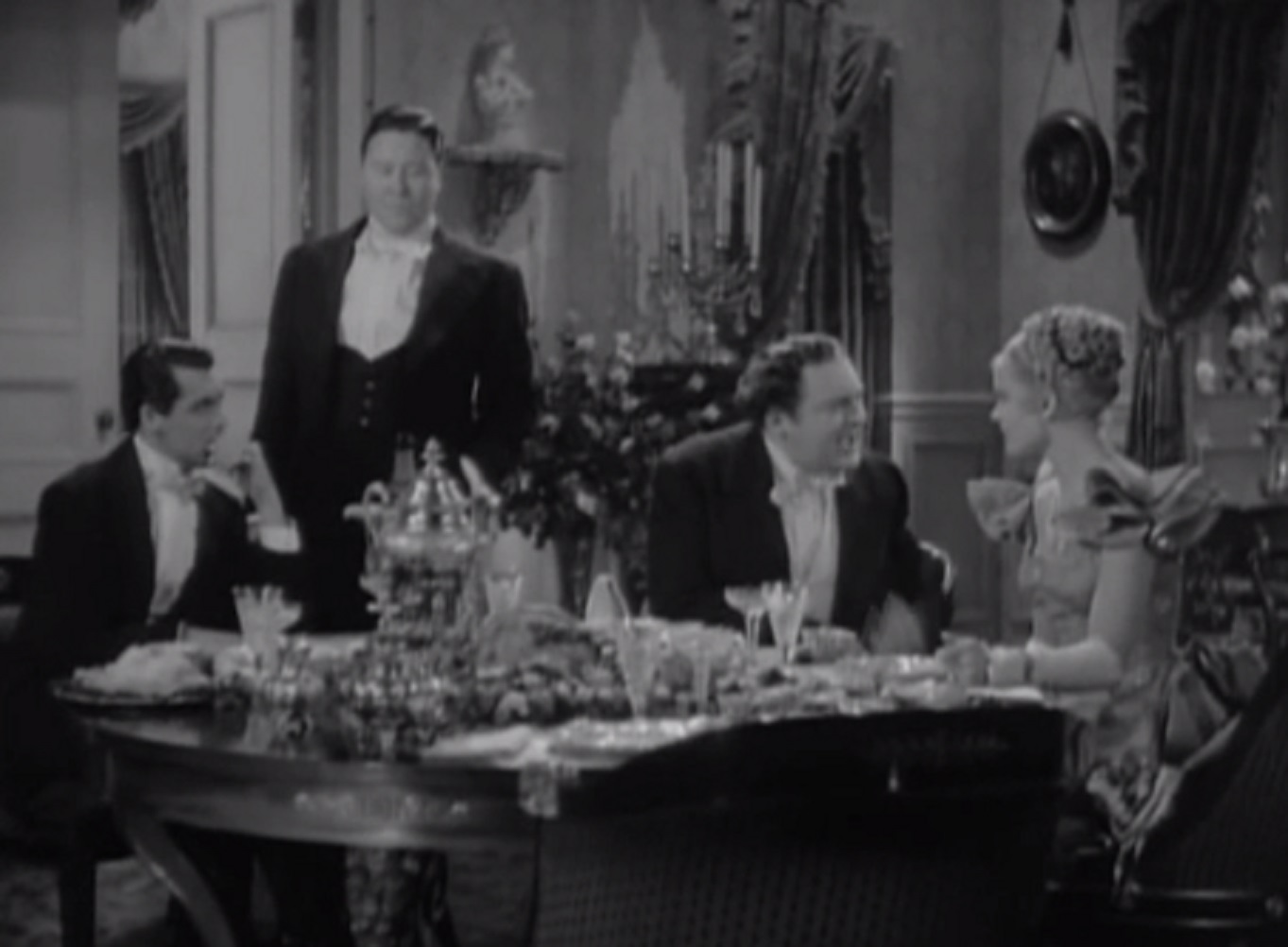 RKO, The Toast of New York (1937)
RKO, The Toast of New York (1937)
36. His Lover Found Another Lover
In short order, Stokes and Mansfield began having an affair of their own. The connection swiftly blossomed into a whirlwind romance that had all of New York and Wall Street abuzz. It didn’t take for long for the news to reach Fisk’s ears. He was, after all, within earshot of Mansfield’s bedroom. He did not take the news well.
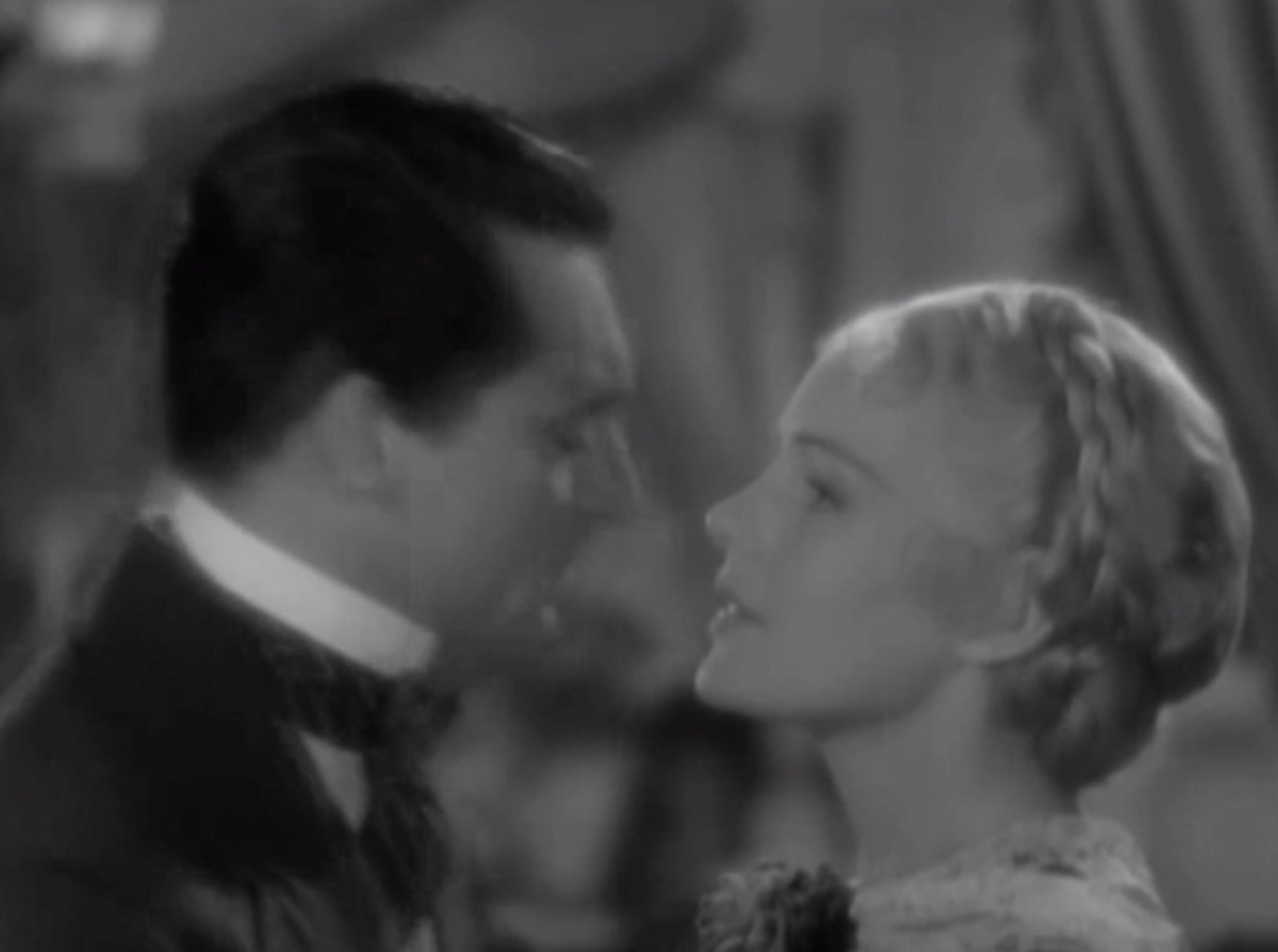 RKO, The Toast of New York (1937)
RKO, The Toast of New York (1937)
37. He Had A Scandalous Pen Pal
Fisk sent a letter to Mansfield, asking to know where their relationship stood. Rather than receiving a straightforward response, however, Fisk found himself entangled in a web of accusations. Mansfield, in a bold move, accused him of clandestine dalliances with actresses—and this didn't come from nowhere.
That juicy tidbit had long been making the rounds in Manhattan's gossip circles.
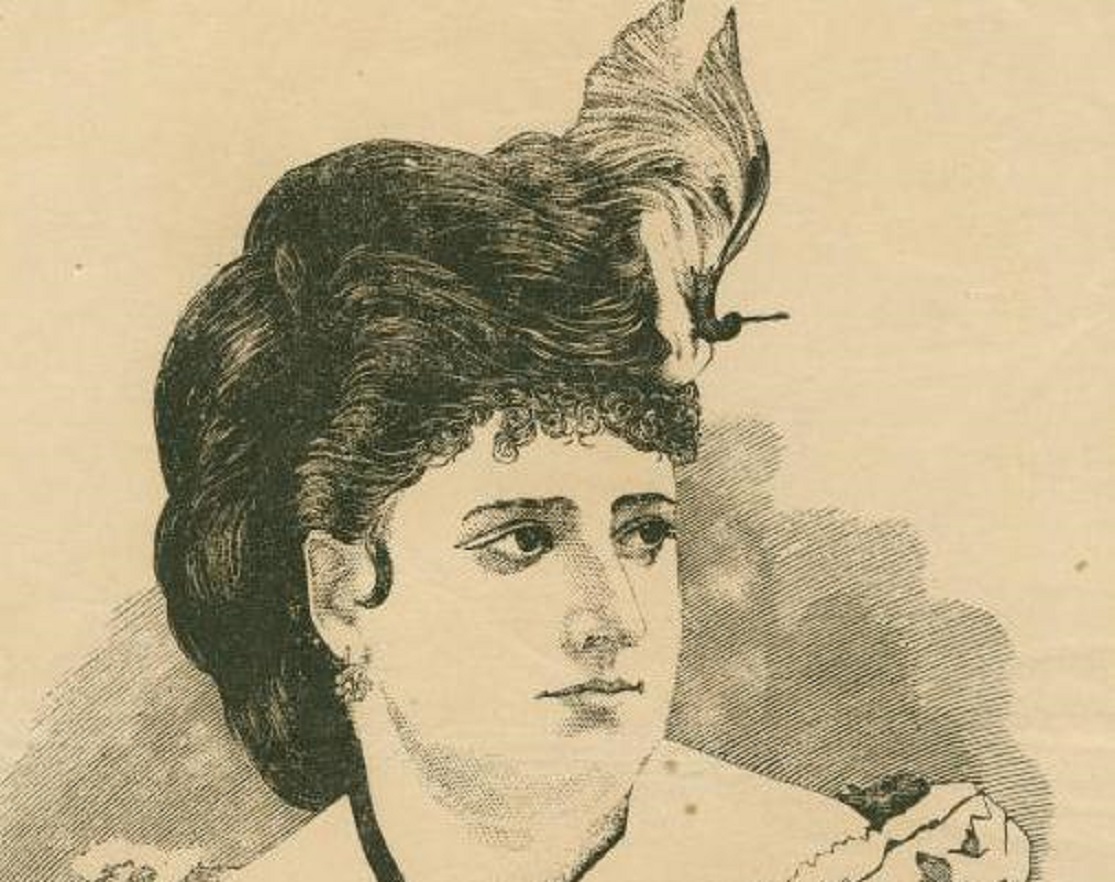 Wallach Division, Wikimedia Commons
Wallach Division, Wikimedia Commons
38. He Poured His Heart Out
Fisk and Mansfield continued sending letters to each other as they tried to navigate their awkward new love triangle. What ensued was a captivating exchange of letters between the passionate duo, characterized by a rollercoaster of emotions, ranging from pointed accusations to heartfelt expressions of love.
Fisk poured his heart out—but it wasn’t enough.
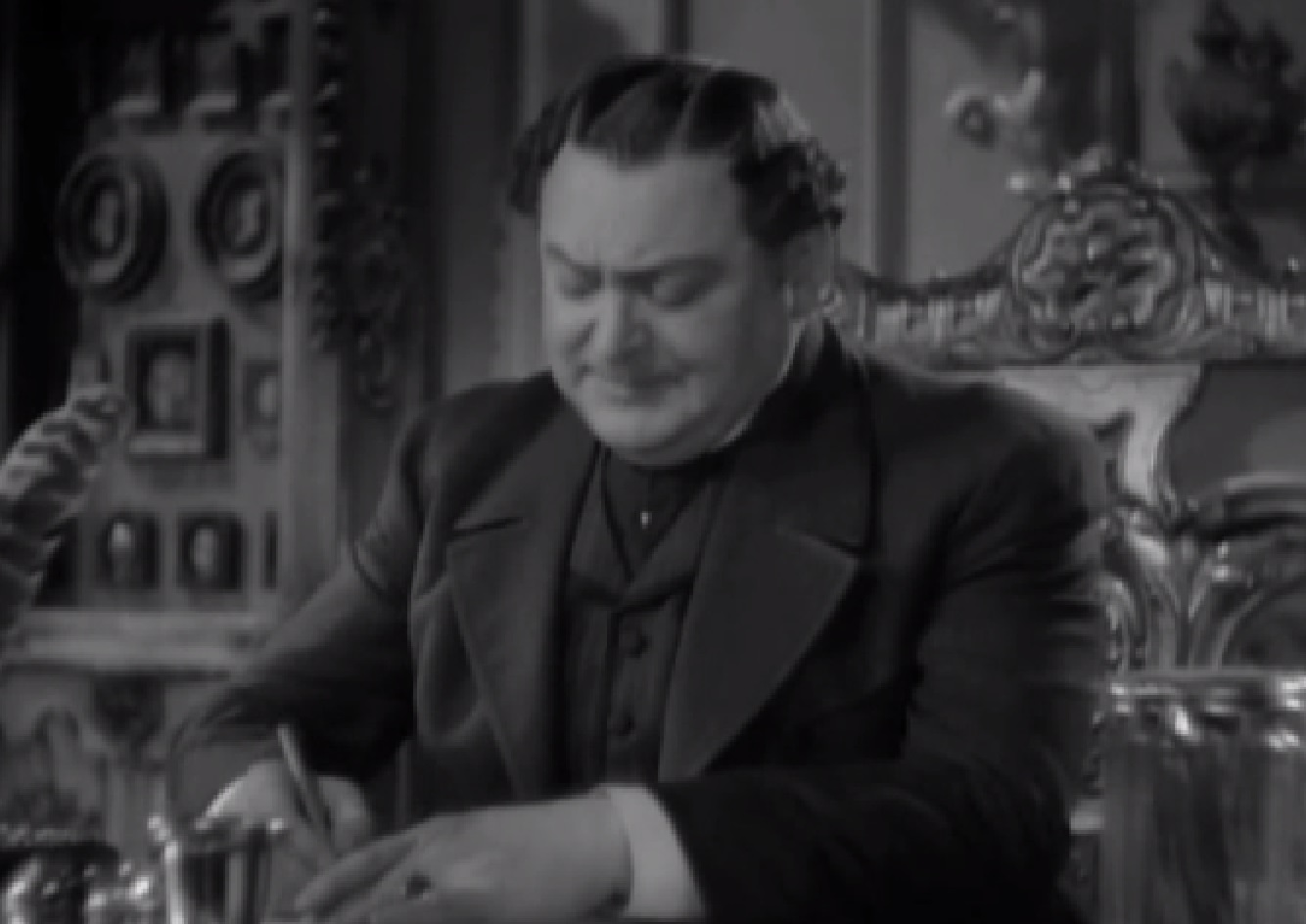 RKO, The Toast of New York (1937)
RKO, The Toast of New York (1937)
39. He Tried To End It
Fisk failed to make any progress with Mansfield. So, instead, he confronted Stokes. Using all of his power persuasion, he all but ordered Stokes to break up with Mansfield. But he couldn’t break up true love. “Ask me anything else, Jim,” Stokes pleaded. “Anything else in the world, I’ll do; but I can’t keep away from Josie. I love her—and she loves me!”
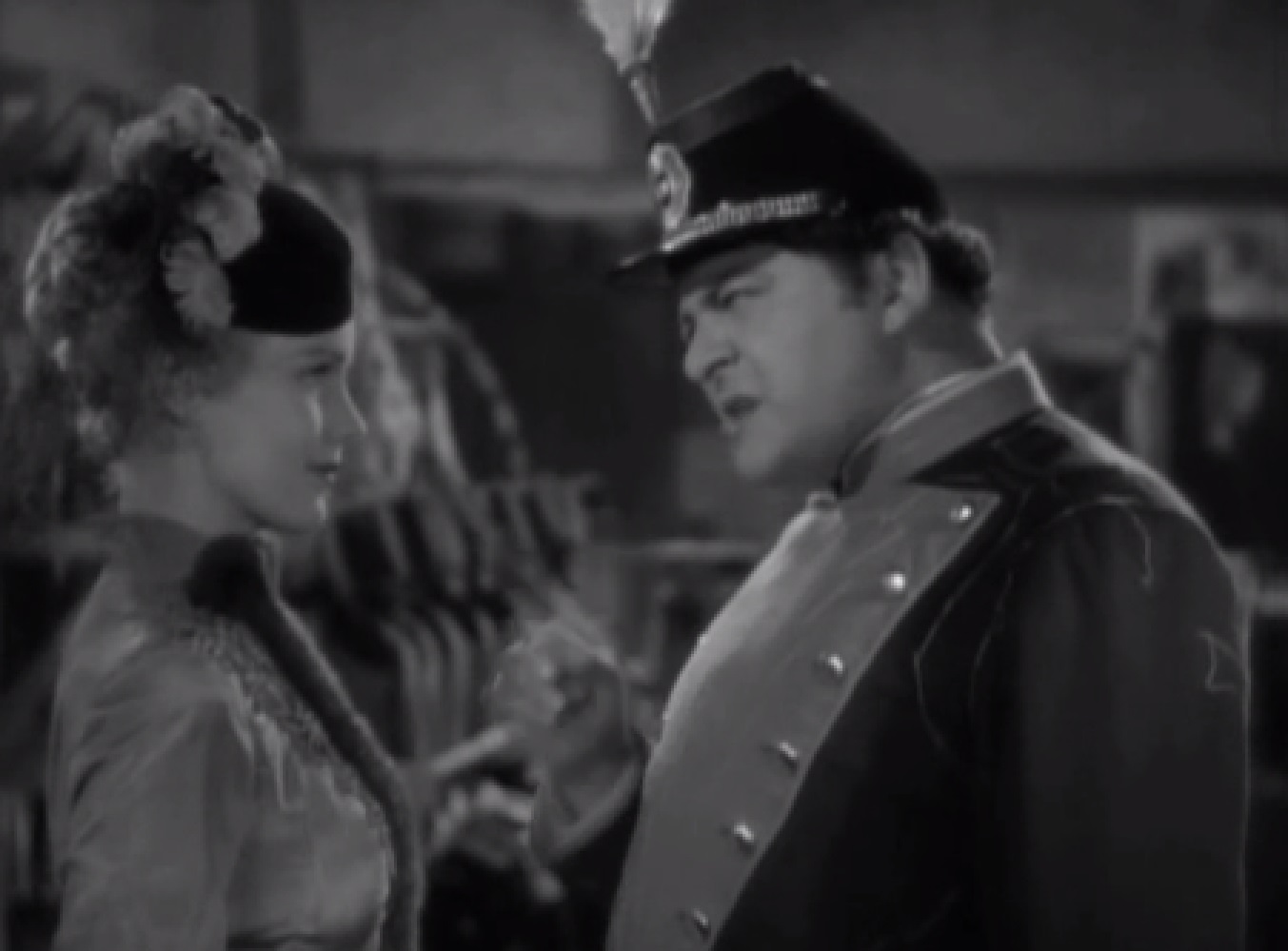 RKO, The Toast of New York (1937)
RKO, The Toast of New York (1937)
40. He Didn’t Know What To Do
Fisk knew he had to navigate the situation carefully. On the one hand, Stokes knew too much about his business dealings for him to risk angering the lovestruck man. On the other hand, he wanted to continue seeing Mansfield. He had, after all, invested a considerable fortune in their sordid affair. So he did the only thing he thought was right. He let her decide.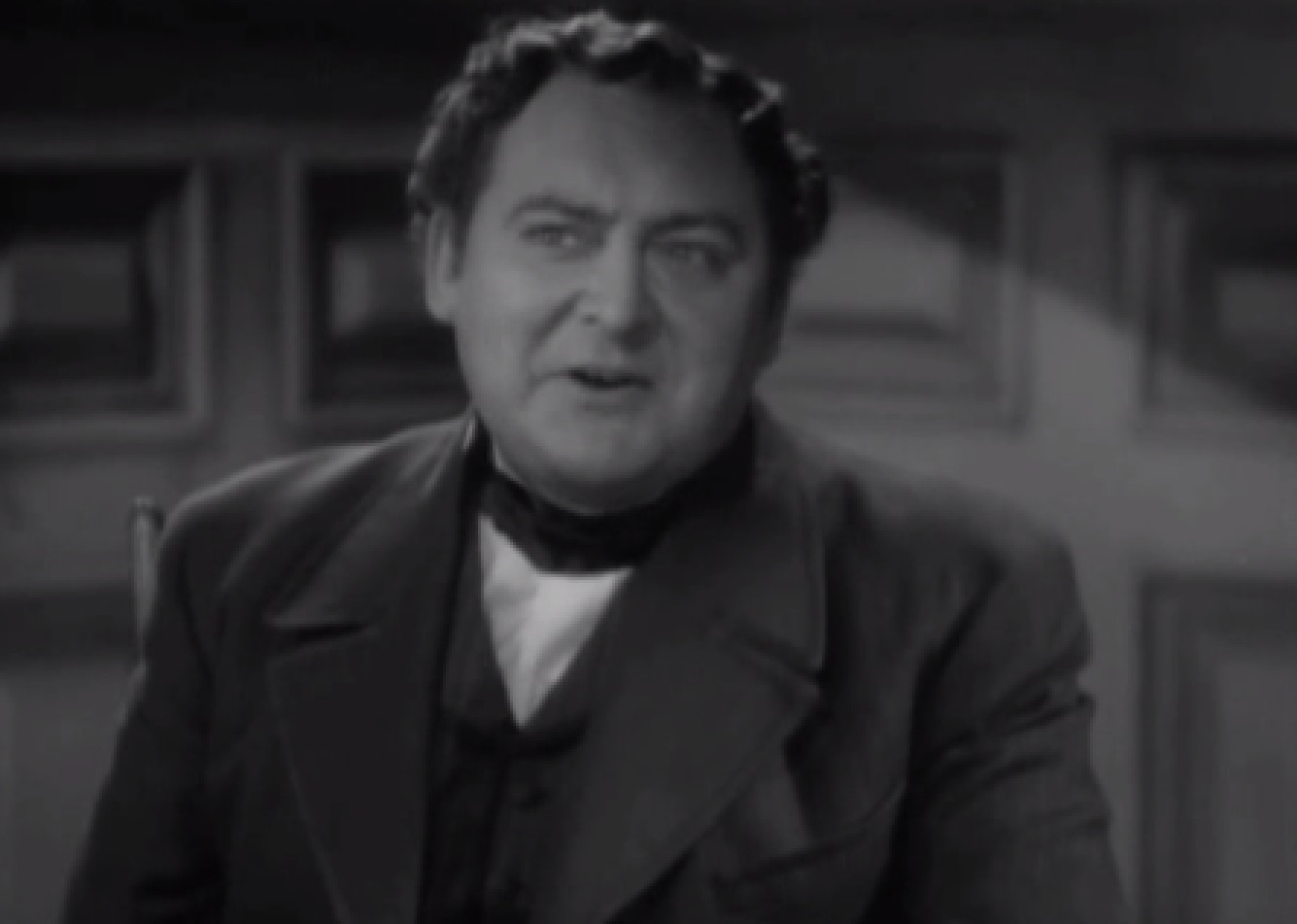 RKO, The Toast of New York (1937)
RKO, The Toast of New York (1937)
41. He Saw A Disaster Coming
When Fisk and Stokes approached Mansfield, giving her the option to decide, they did not get the answer they had expected. Mansfield said simply, “I don’t see why we can’t all three be friends”. In an angry response, Fisk described their three-way “situationship” as two trains on the same track, hurtling towards each other.
He wasn’t entirely wrong.
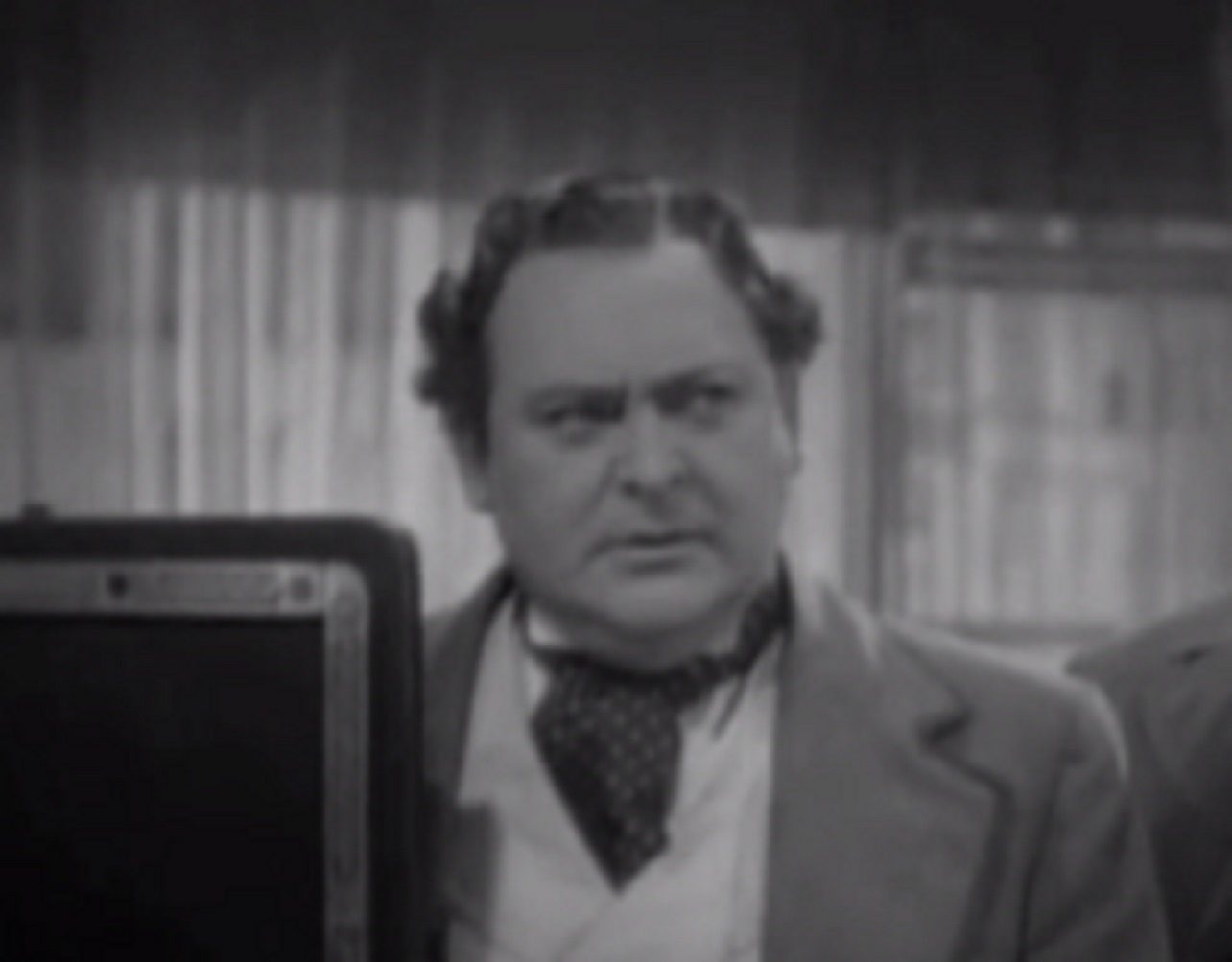 RKO, The Toast of New York (1937)
RKO, The Toast of New York (1937)
42. His Ex-Lover Wanted More Money
The way Fisk saw it, Mansfield had unequivocally cast her lot with Stokes. However, despite this apparent change of heart, she continued to approach Fisk with financial requests. She asserted that he had previously assured her of holding a substantial sum—$25,000—in trust on her behalf, and she now sought to claim the entirety of that amount. As if their situation wasn't messy enough as it is...
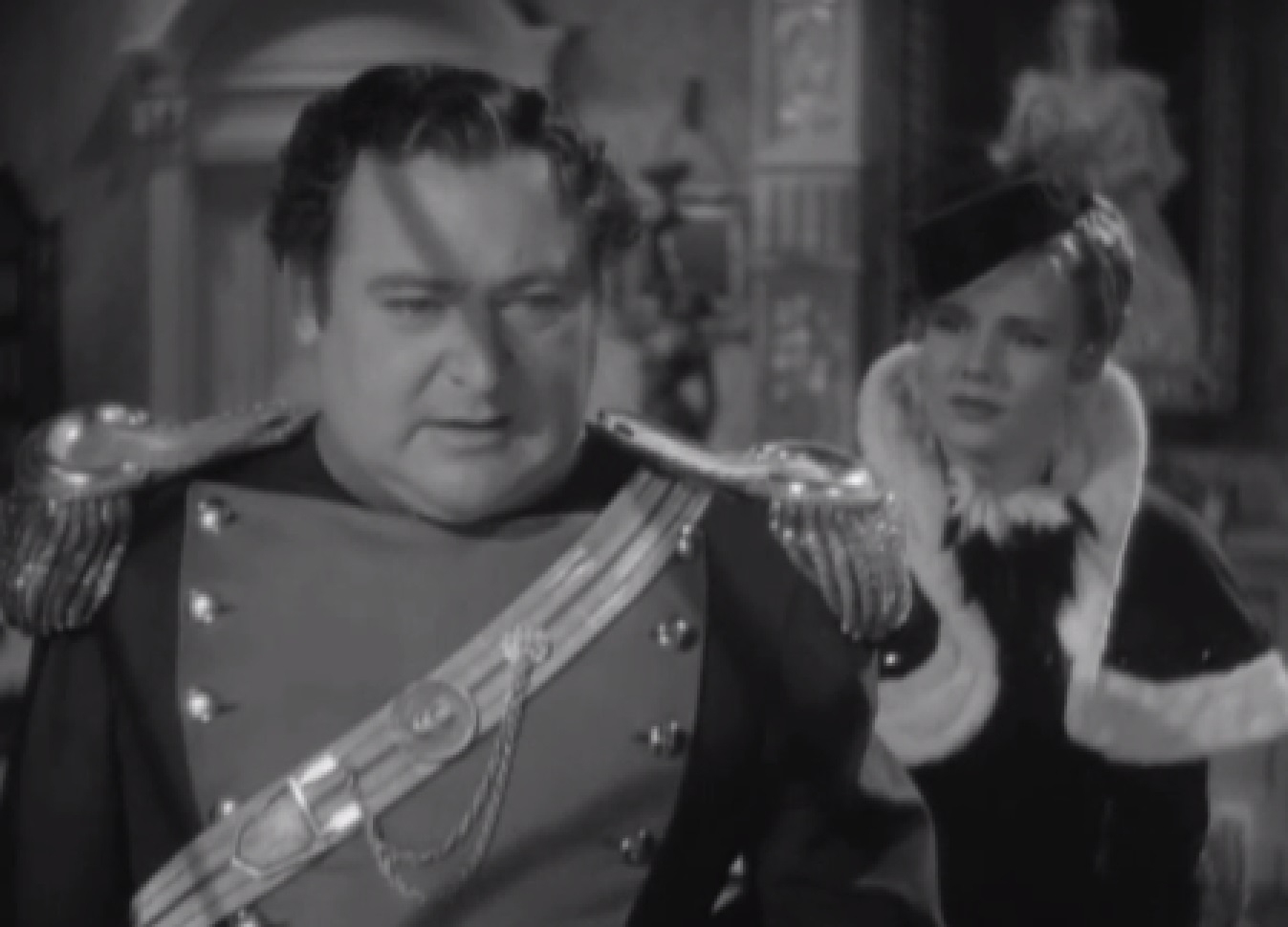 RKO, The Toast of New York (1937)
RKO, The Toast of New York (1937)
43. He Treated Everything Like Business
Fisk treated everything like a business arrangement—including his affairs. He rebuffed Mansfield’s demand for the $25,000 but reluctantly agreed to settle any expenses she accrued up until a specific moment in time. He said that he would pay for anything up until five minutes to eleven o'clock three weeks prior, marking the formal termination of their relationship.
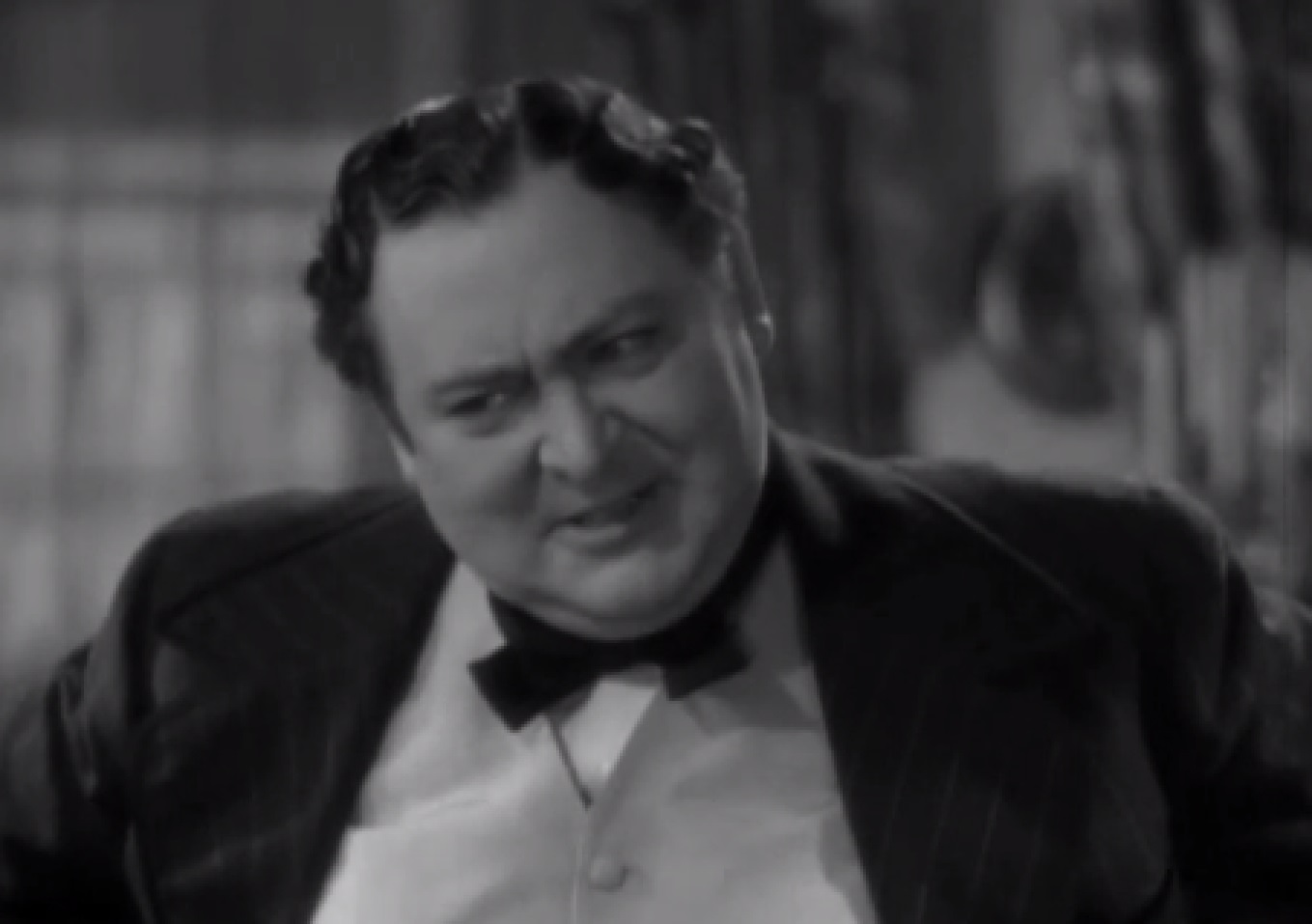 RKO, The Toast of New York (1937)
RKO, The Toast of New York (1937)
44. He Always Picked Up The Tab
Once Fisk got Mansfield’s receipts, he discovered some glaring discrepancies. His former lover had clearly and deliberately backdated many of her expenses. Being that he was, himself, a little short on honesty, he paid the bills anyway. But Mansfield’s ruse marked a clear turning point in their once loving relationship.
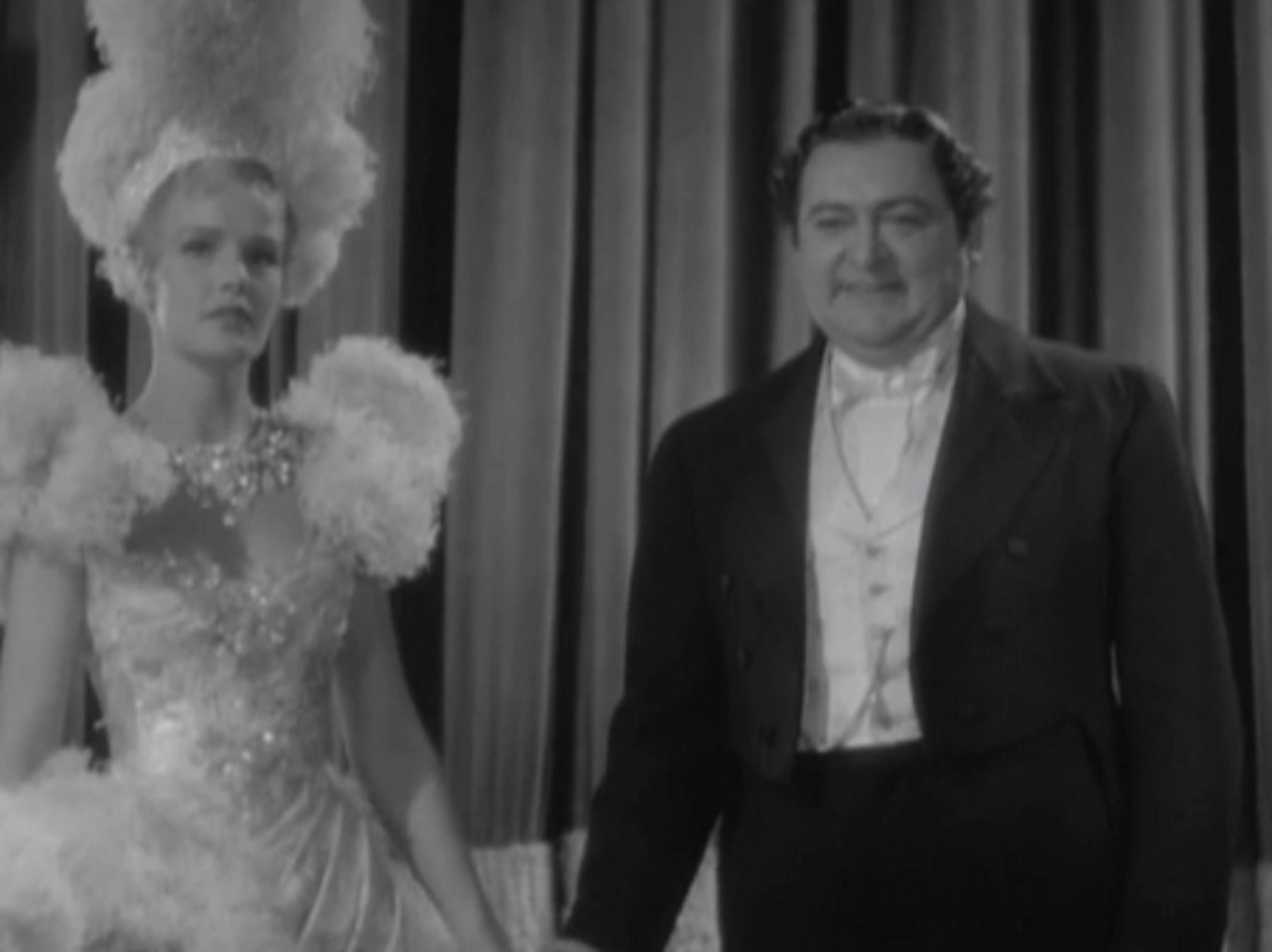 RKO, The Toast of New York (1937)
RKO, The Toast of New York (1937)
45. His Partner Turned On Him
The nasty fallout between Fisk and Mansfield spread to Fisk’s business affairs. He and Stokes began squabbling over their financial entanglements. Things came to a head, however, when Stokes demanded that Fisk pay him $200,000 for his interest in their shared investments.
But Fisk had shared his lover and lost; he wasn’t about to share his fortune too.
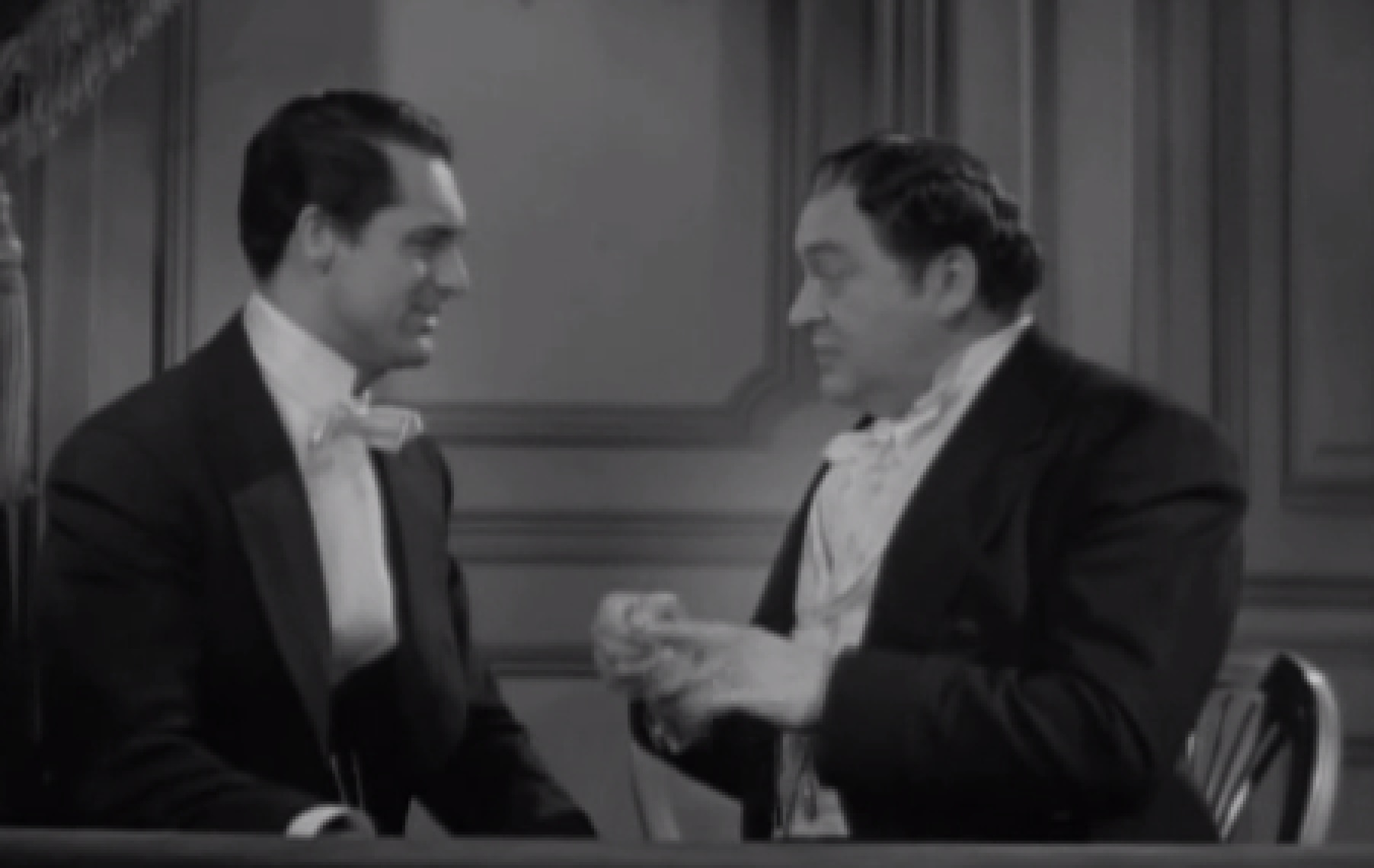 RKO, The Toast of New York (1937)
RKO, The Toast of New York (1937)
46. He Paid Off His Partner
When Fisk refused to pay the money, Stokes threatened to release the letters between himself and Mansfield. With a small army of lawyers, Fisk managed to get Stokes to drop his claims and hand over the letters for a mere $15,000. But once Stokes blew through that money—presumably on gifts for Mansfield—he went right back to Fisk.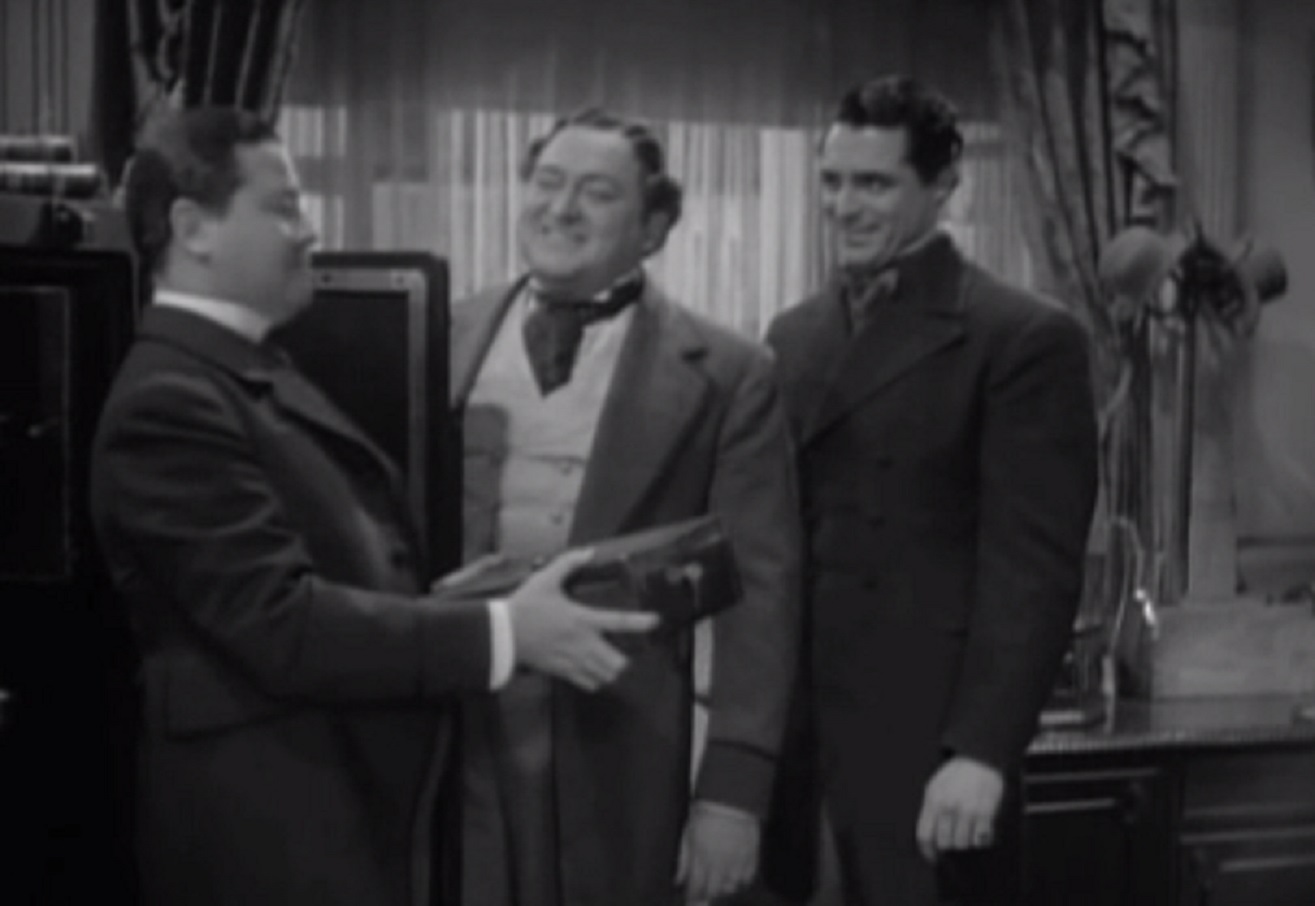 RKO, The Toast of New York (1937)
RKO, The Toast of New York (1937)
47. His Letters Became The Talk Of The Town
A short time later, Stokes reappeared, asserting that Fisk still owed him the $200,000. He further asserted that he wanted the letters back, claiming that they proved the truth of his claims. Within days, the scandalous Fisk/Mansfield letters became all that anyone could talk about. Fisk just wanted the whole thing to go away.
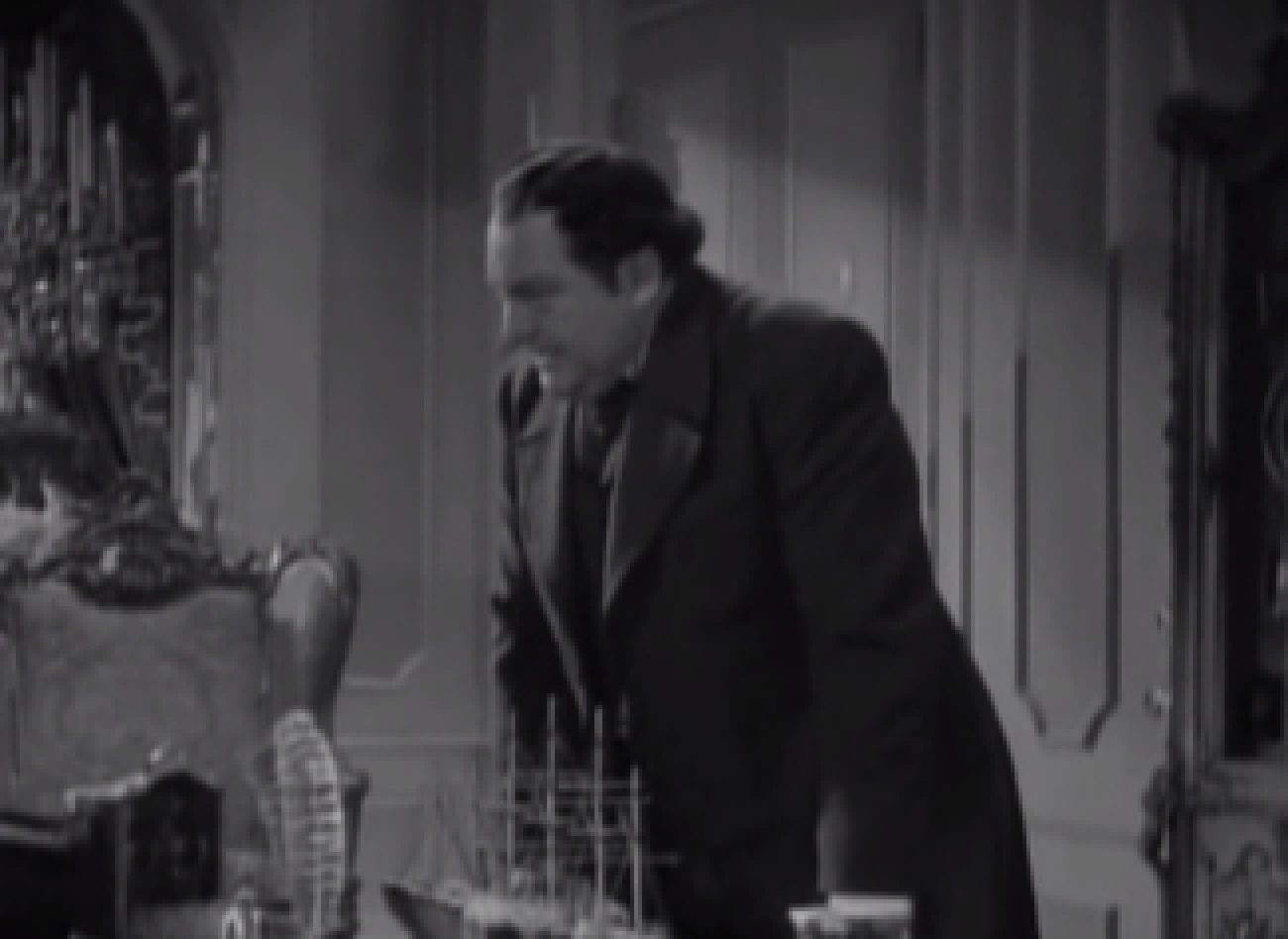 RKO, The Toast of New York (1937)
RKO, The Toast of New York (1937)
48. He Didn’t Want To Be A Laughing Stock
The few friends that Fisk had tried to convince him to publish the letters himself. They knew, as well as he did, that the letters contained nothing more than the sordid whispers between former lovers. But Fisk didn’t want to be more of a laughing stock amongst the New York elite than he already was.
He chose the path of most resistance instead.
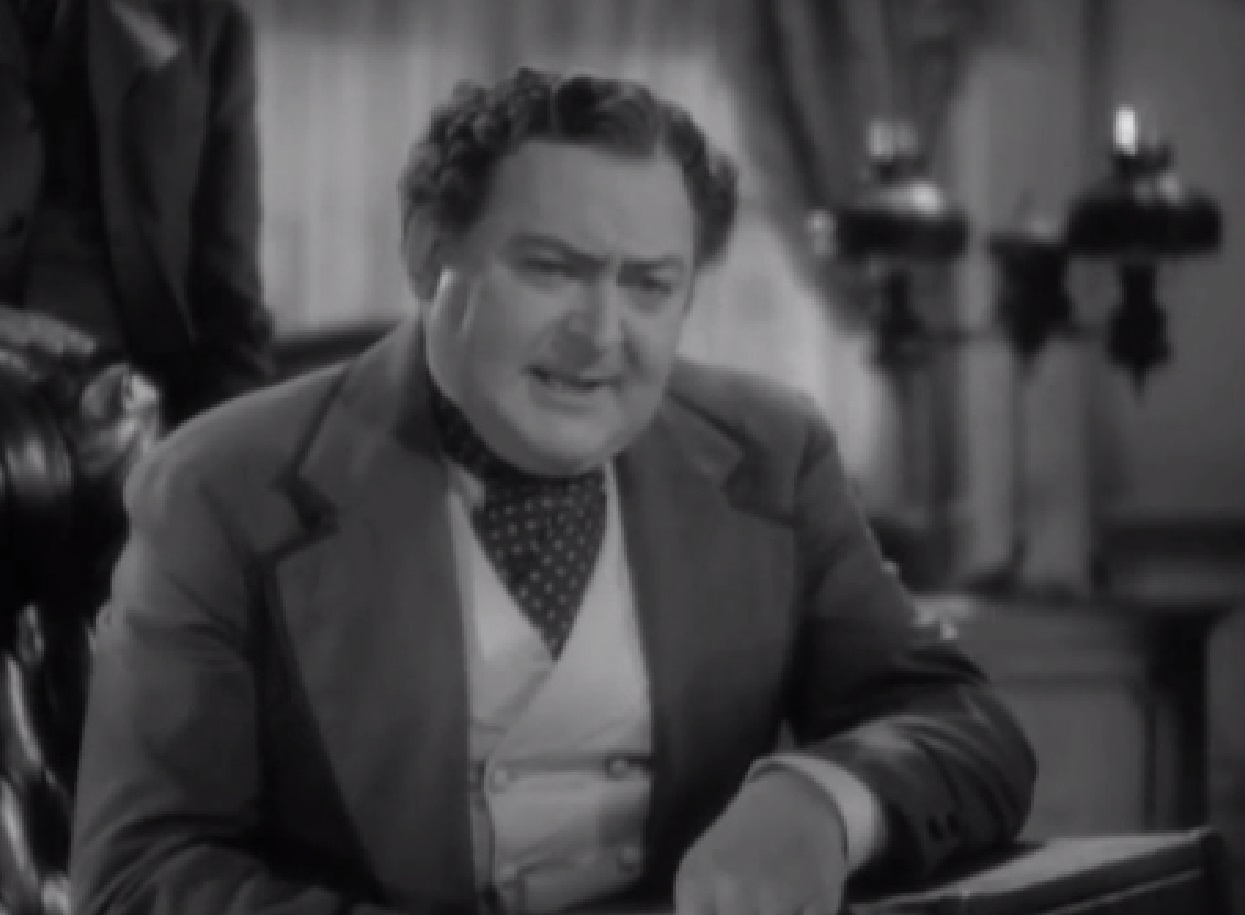 RKO, The Toast of New York (1937)
RKO, The Toast of New York (1937)
49. He Went On The Offensive
Fisk decided to fight Stokes—and, by proxy, Mansfield—in the courts. By some miracle, the judge in the case sided with him. He ruled that the letters did not contain anything pertaining to Fisk’s and Stokes’ business dealings and dismissed Stokes’ claims. With his reputation (somewhat) restored, Fisk went on the offensive.
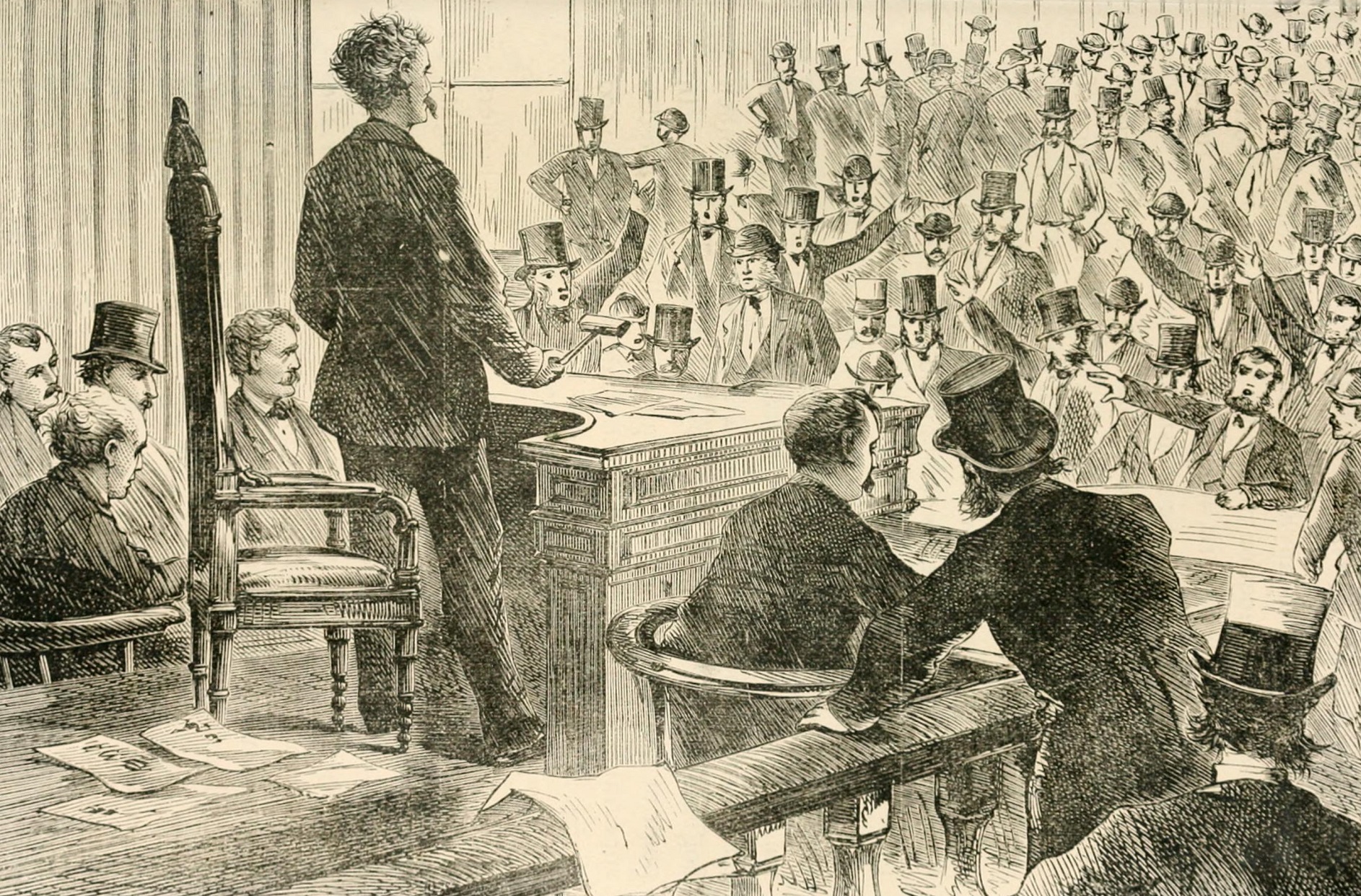 Internet Archive Book Images, Wikimedia Commons
Internet Archive Book Images, Wikimedia Commons
50. He Angered His Business Partner
Stokes was drowning his sorrows in premium hooch at Delmonico’s when he learned what Fisk was up to. “Diamond Jim” had decided to go after Stokes and Mansfield for blackmail over the threats they had to publish the contents of the letters. Stokes knew that there was only one way that he could beat Fisk at his own game.
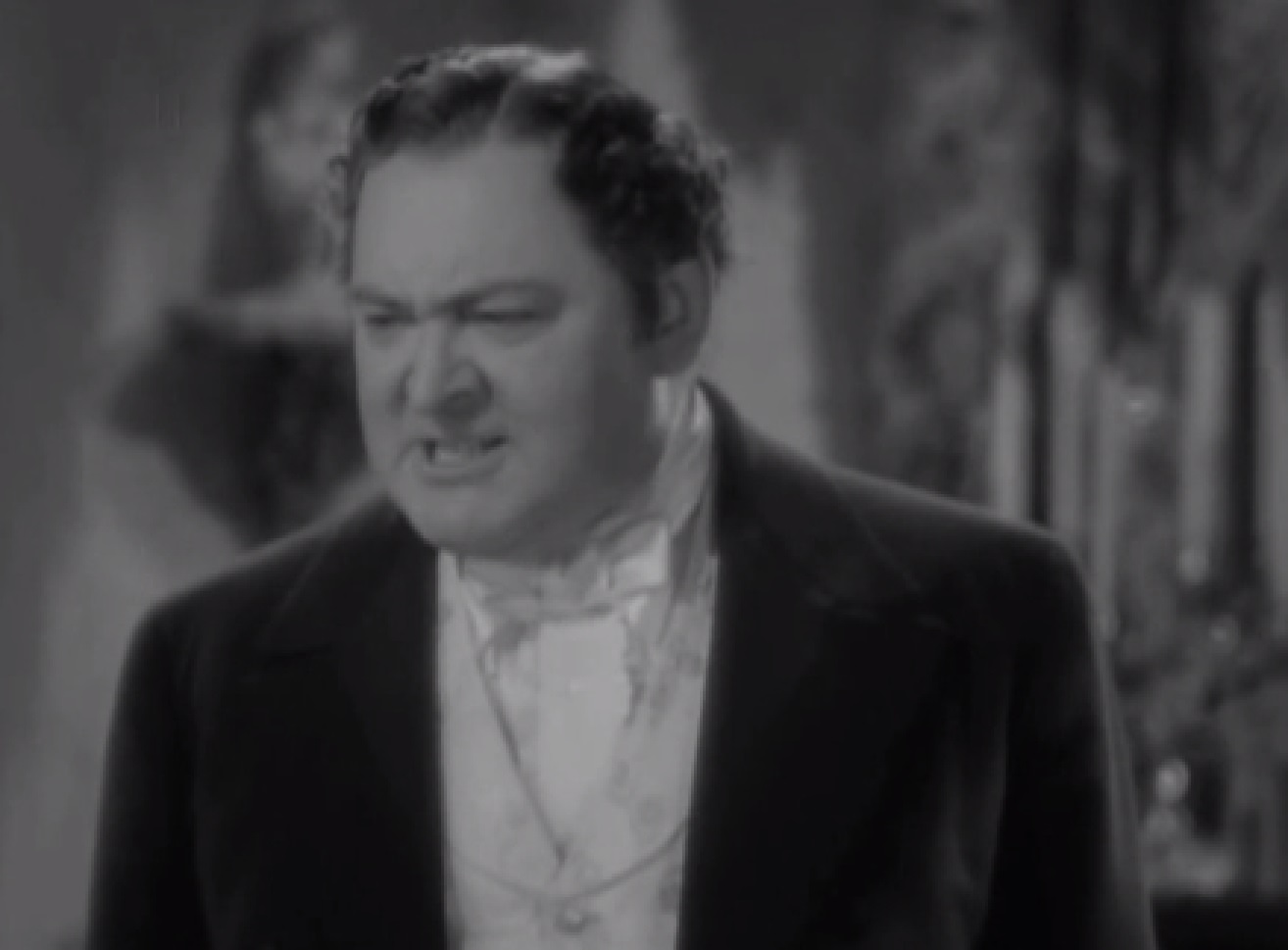 RKO, The Toast of New York (1937)
RKO, The Toast of New York (1937)
51. He Walked Into A Trap
Stokes learned that Fisk was on his way to the Grand Central Hotel. What’s more, he knew that Fisk always used ladies’ the entrance to avoid prying eyes. Lovesick with Mansfield and spurned by his partner, Stokes stood in wait for Fisk to ascend the staircase. When, finally, Fisk showed up, Stokes shouted, “Now I’ve got you!”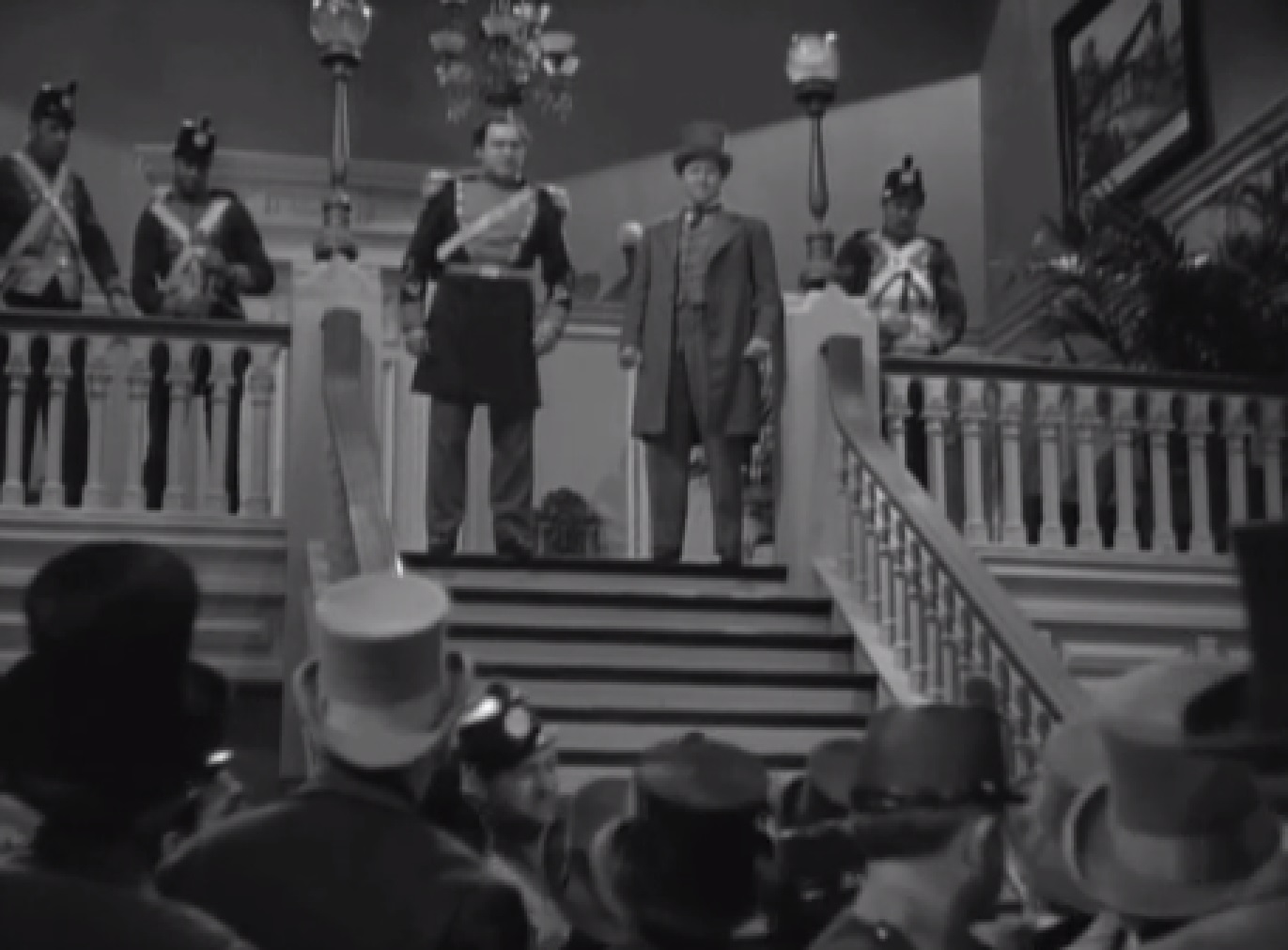 RKO, The Toast of New York (1937)
RKO, The Toast of New York (1937)
52. He Met His Bloody End
Fisk barely had time to process what was happening before it was too late. Stokes aimed his Colt revolver at Fisk and unleashed two rounds—one piercing his abdomen and the other striking his left arm. Fisk, resilient in the face of mortal wounds, clung to life just long enough to pinpoint his assailant before succumbing to the fatal abdominal injury.
Jim Fisk was just 36 years old.
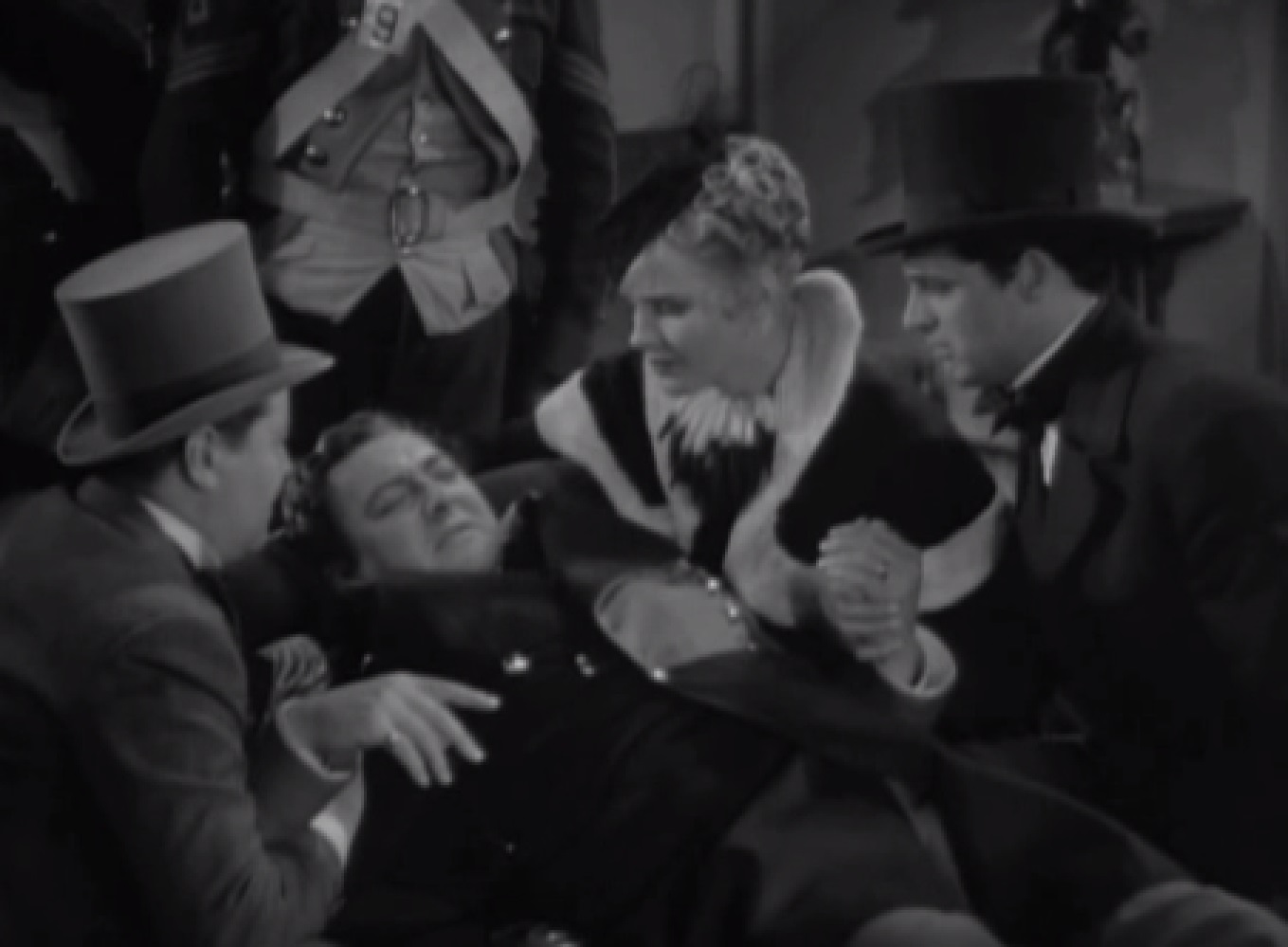 RKO, The Toast of New York (1937)
RKO, The Toast of New York (1937)
53. He Was A Man Of The People
Despite his bad reputation with New York’s elite, Fisk had endeared himself to the city's working class. A staggering 20,000 New Yorkers showed up to pay their respects at Fisk's casket, with many more tens of thousands lined up outside. His popularity with average New Yorkers earned him the moniker “Tom Sawyer of Wall Street”.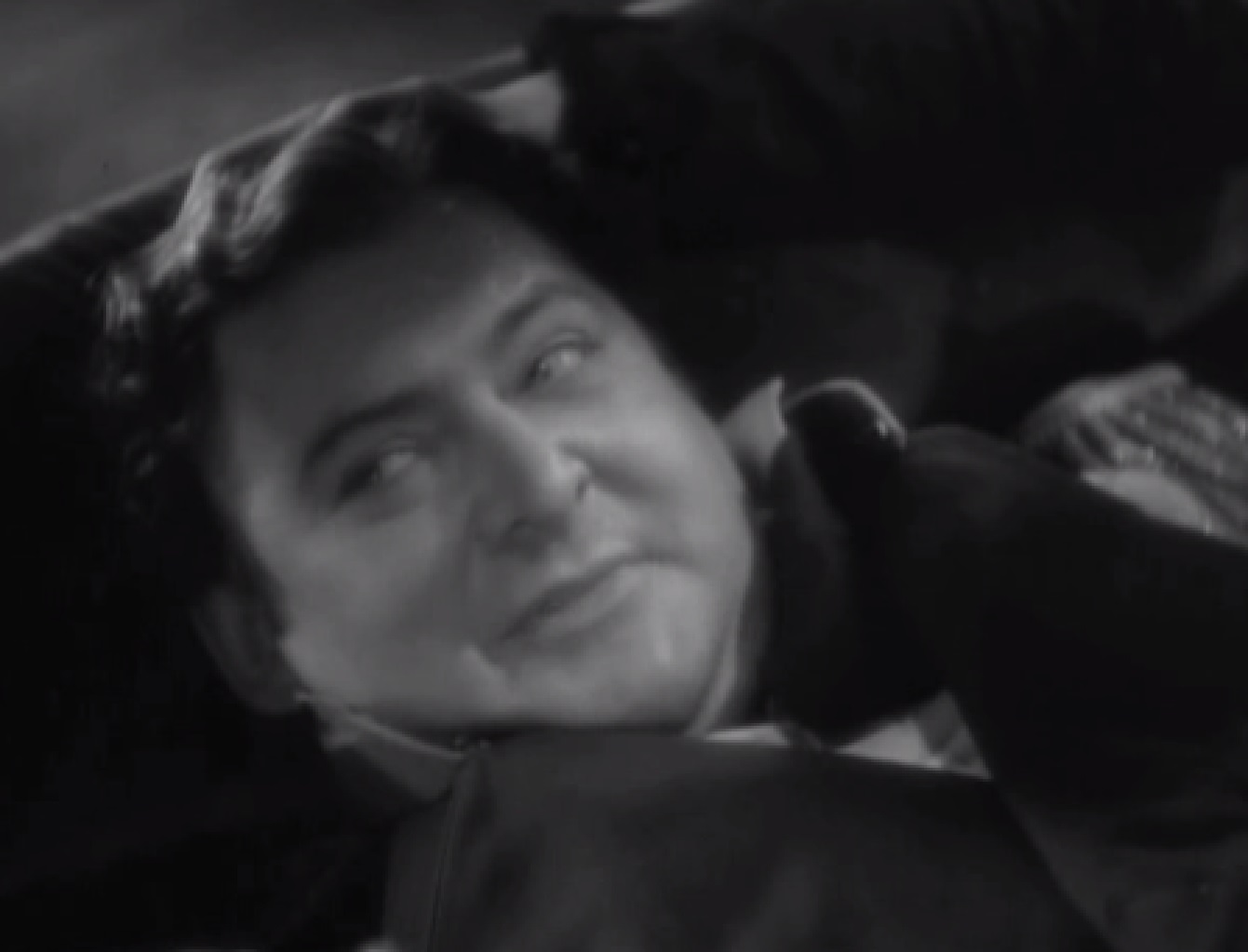 RKO, The Toast of New York (1937)
RKO, The Toast of New York (1937)

